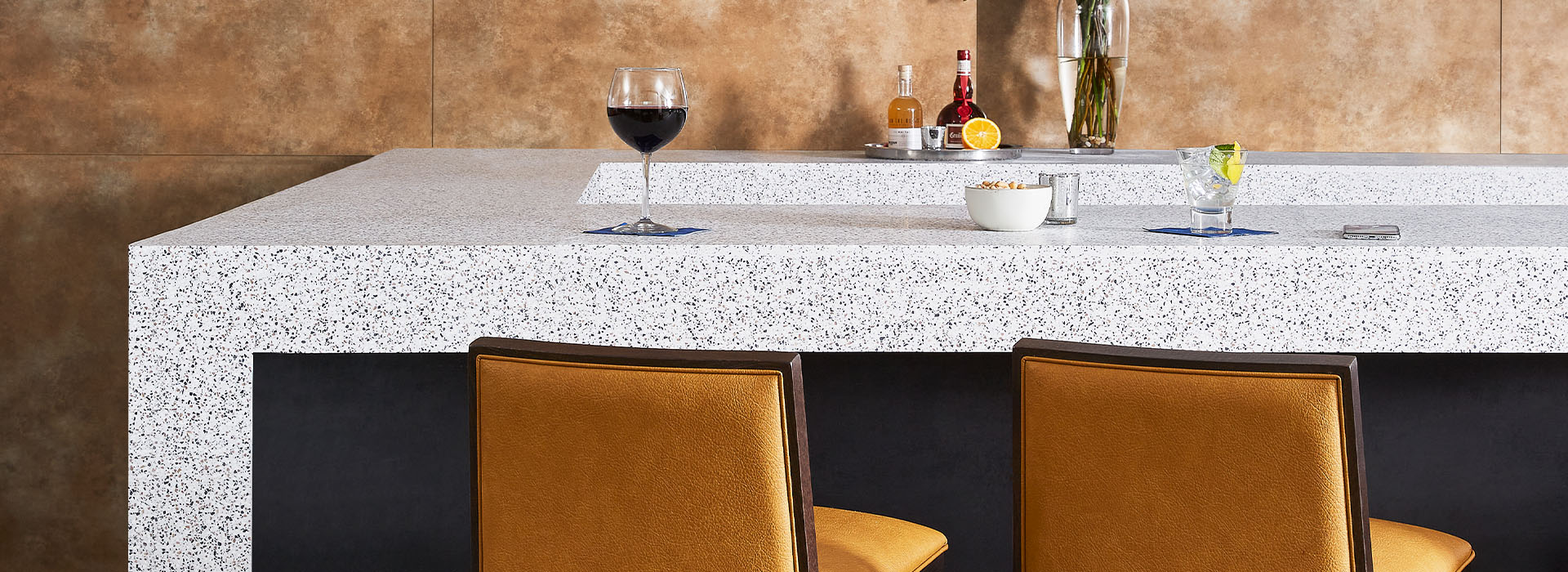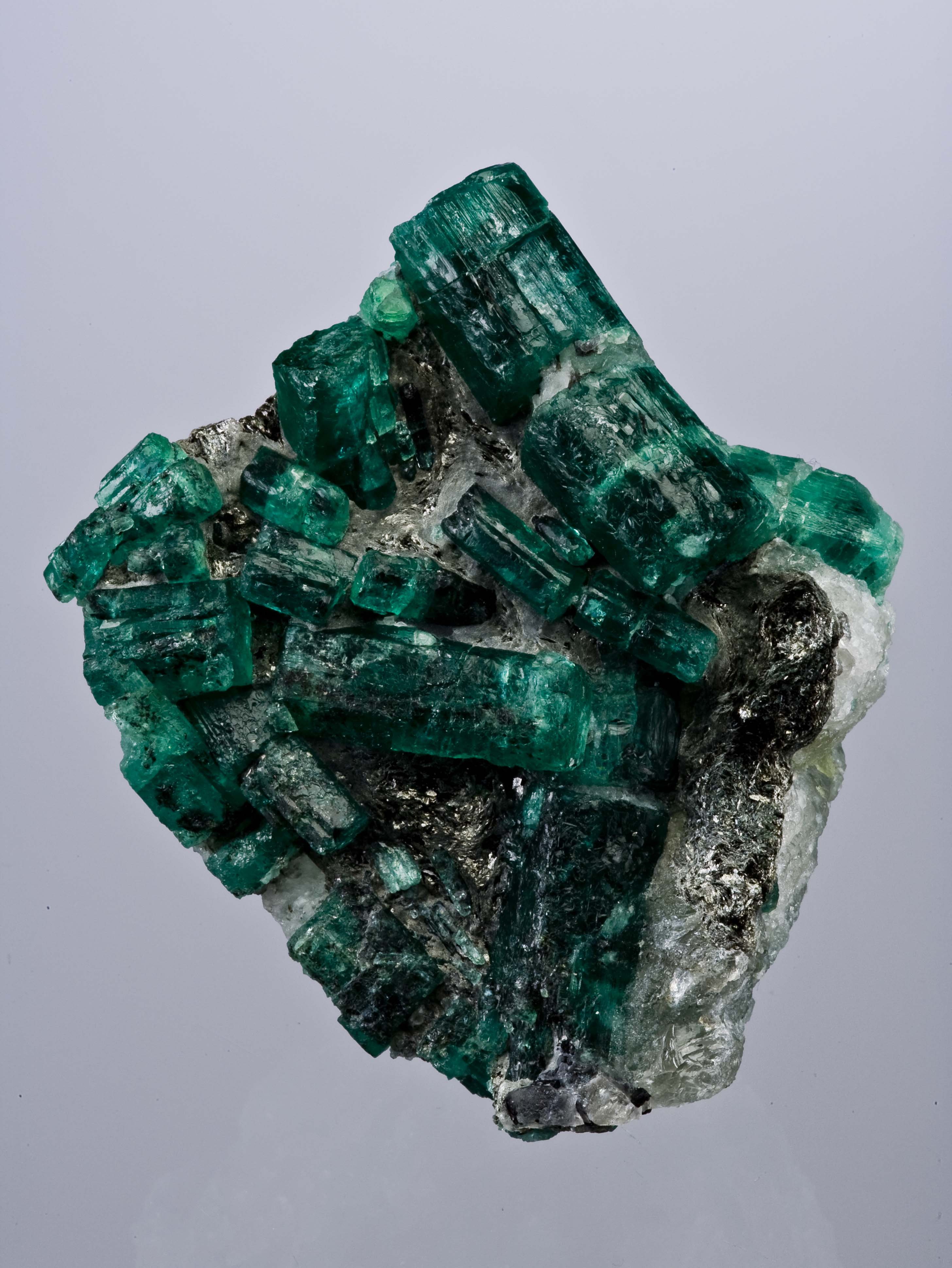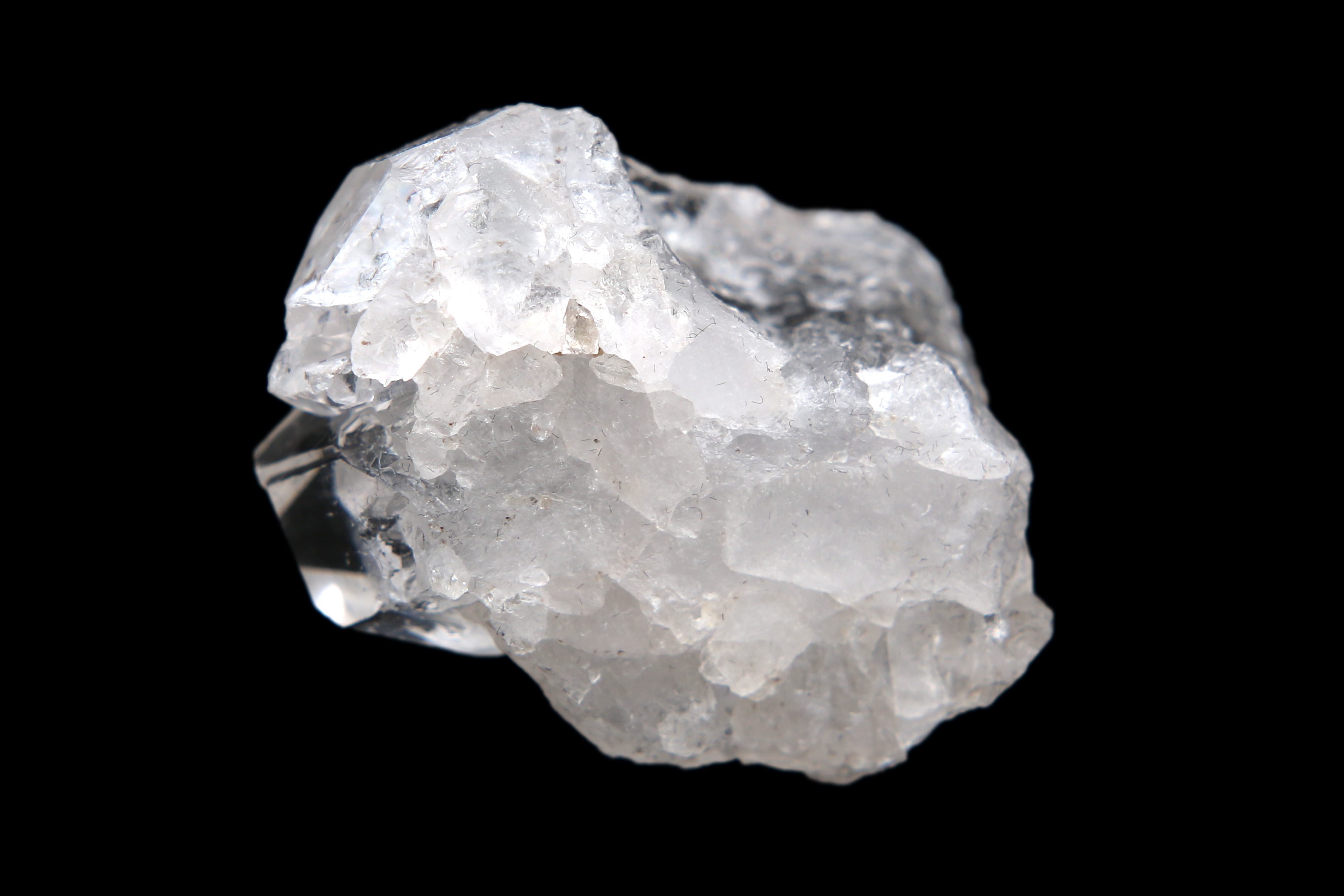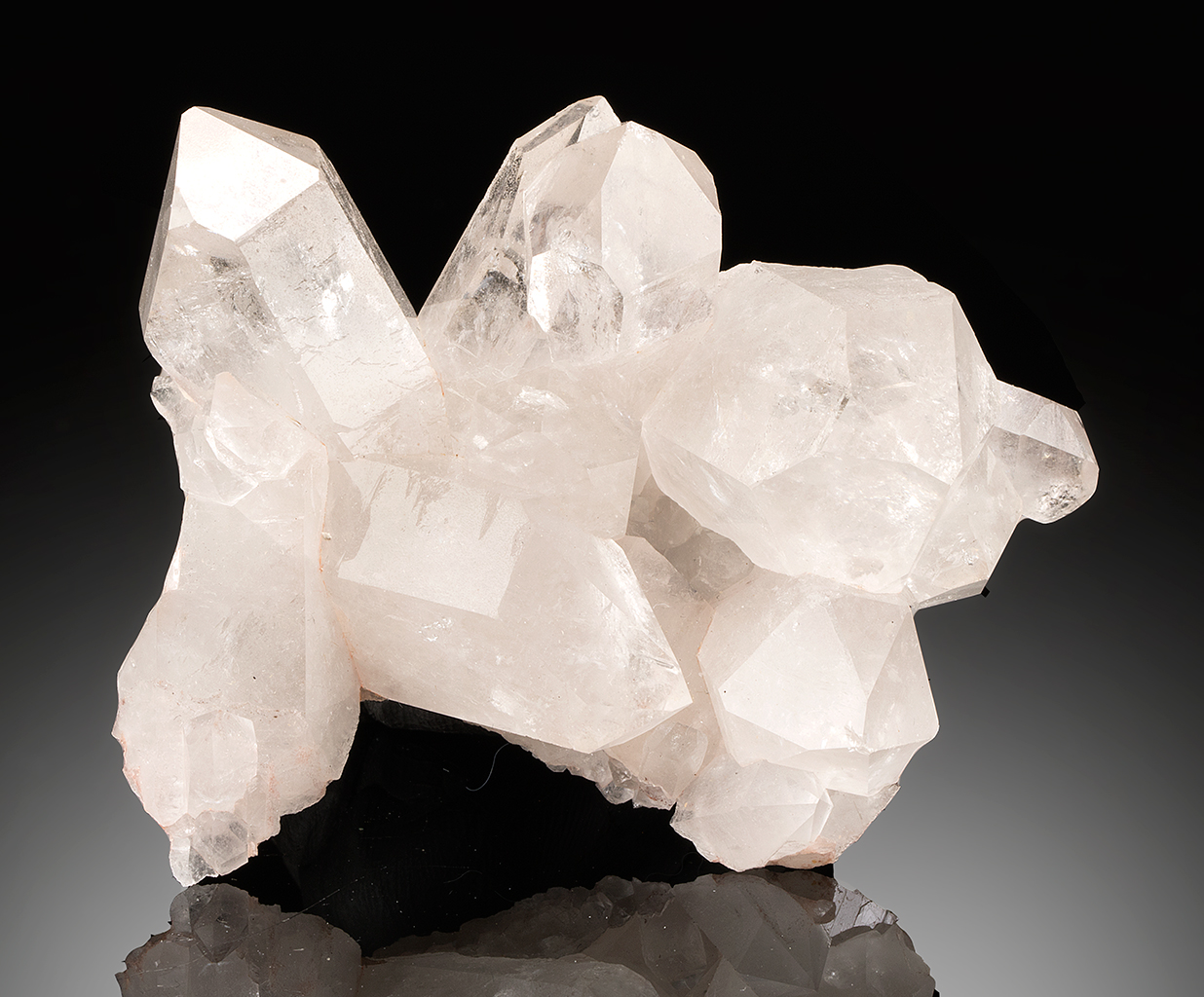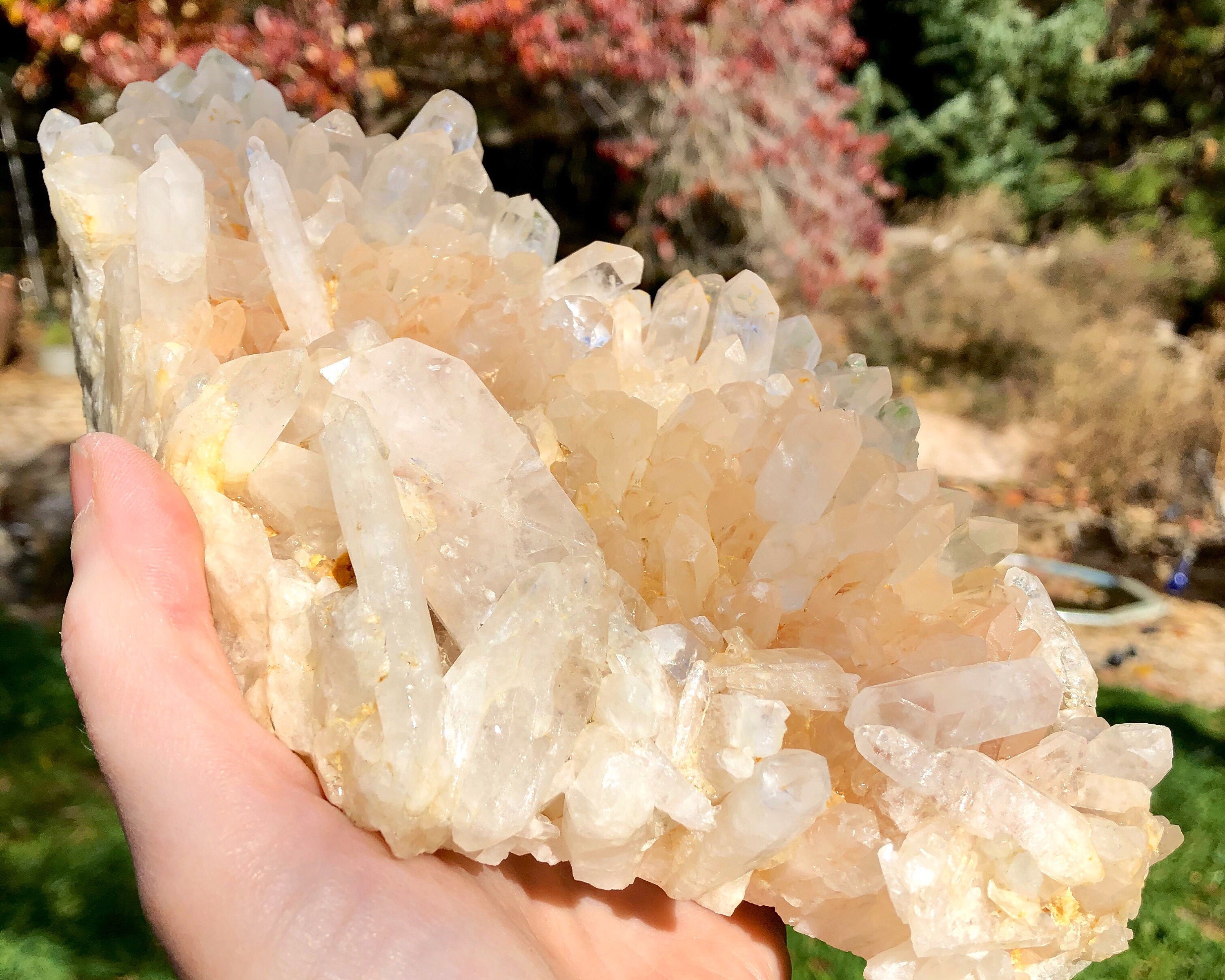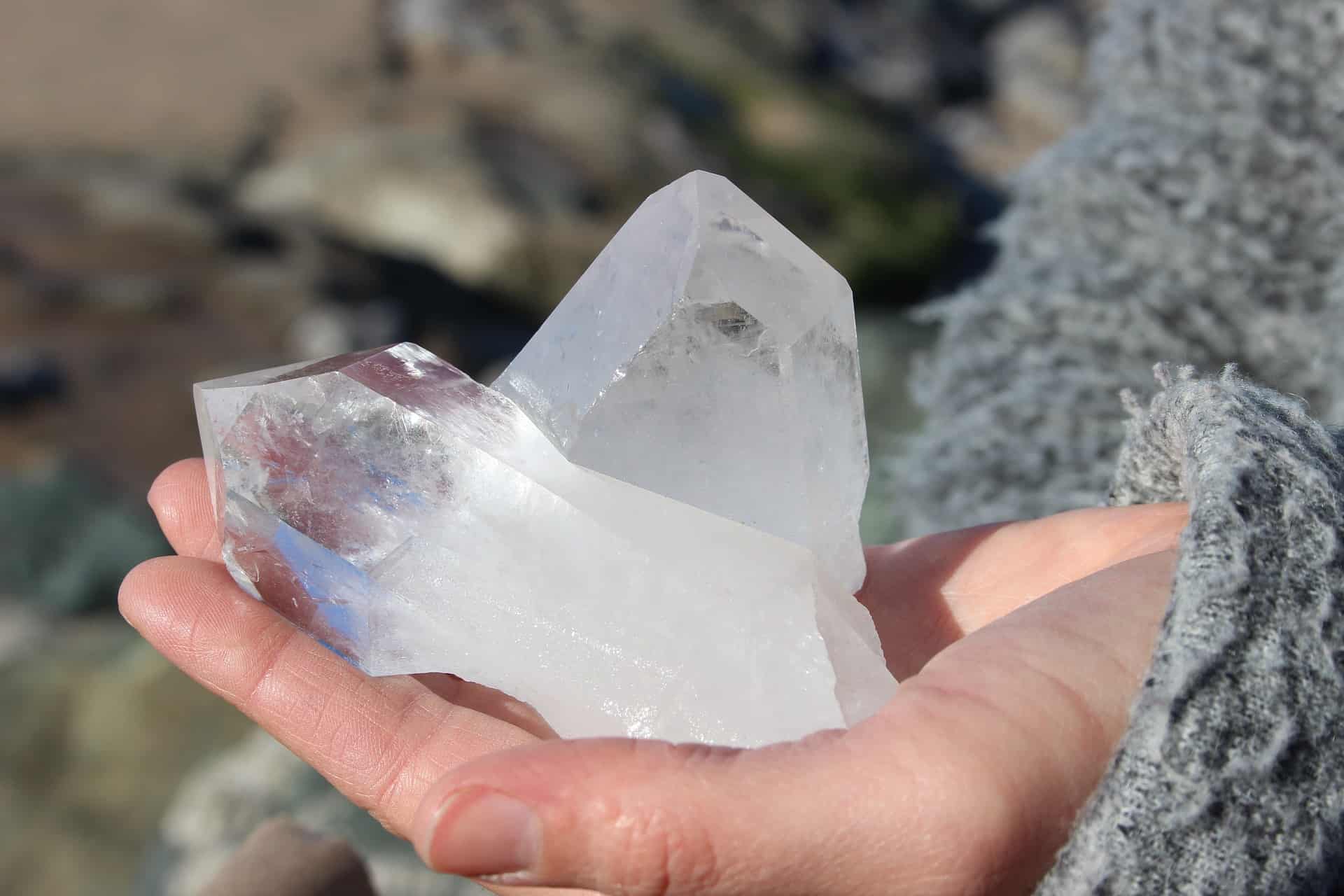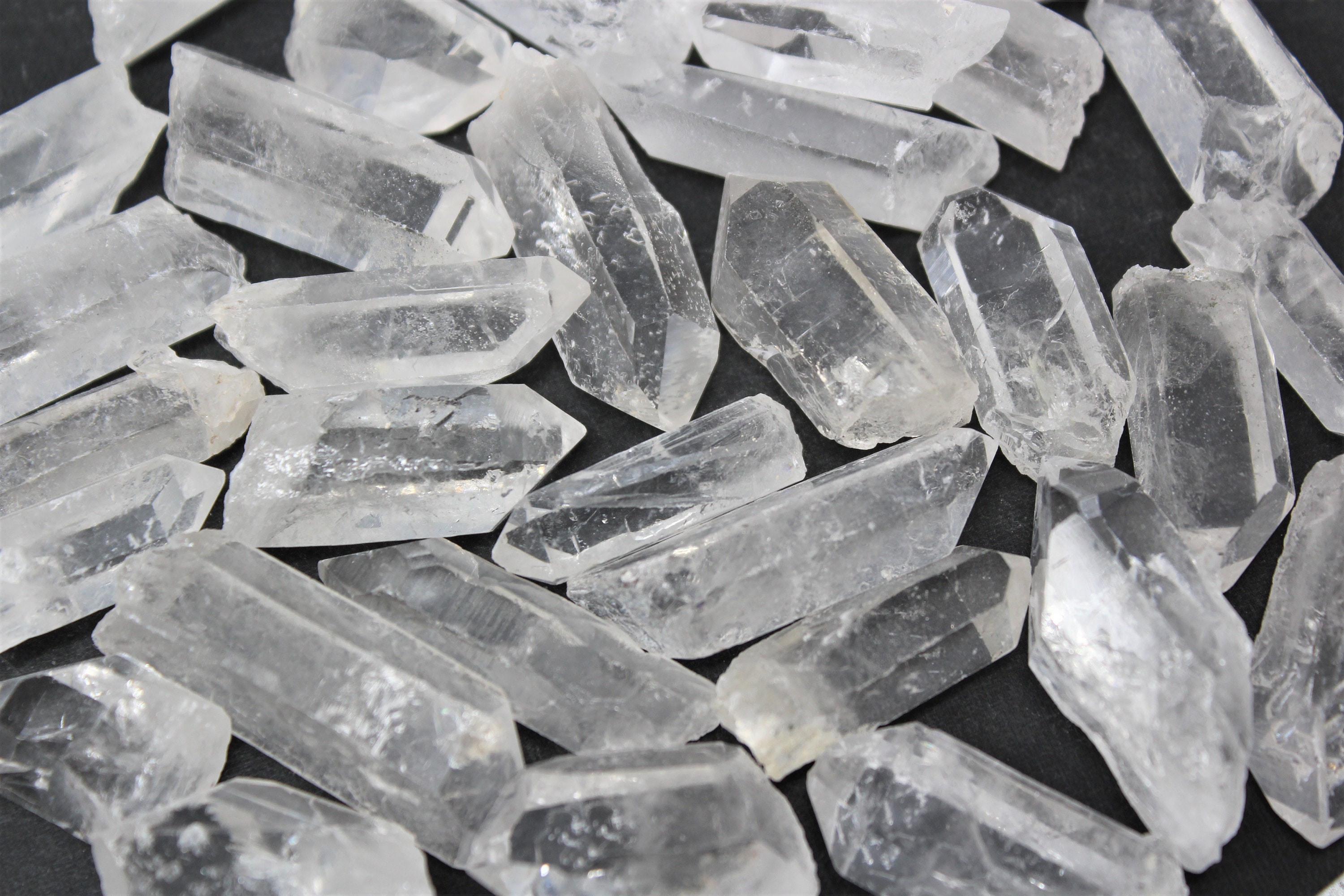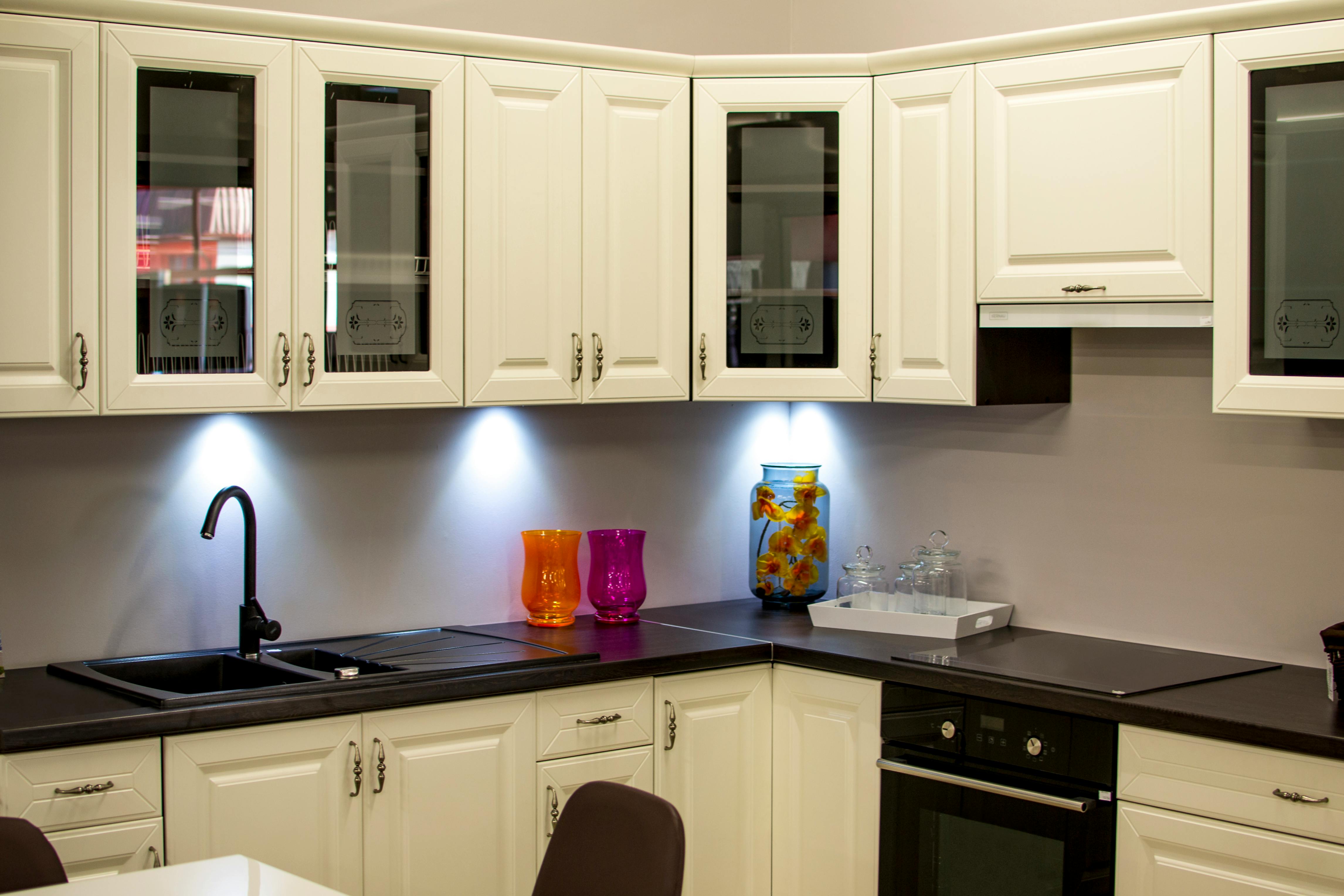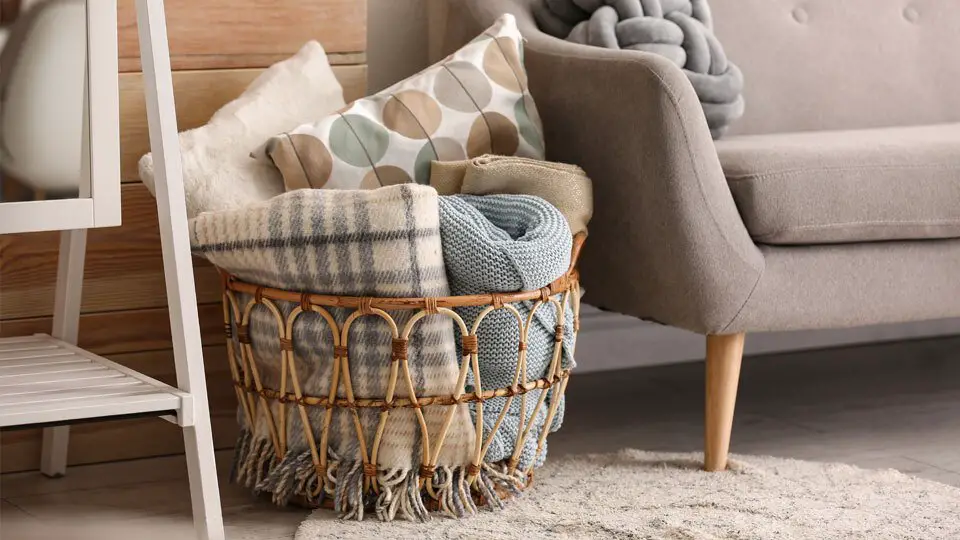Stainless steel is one of the most popular materials for kitchen sinks, and for good reason. It offers a sleek and modern look, is highly durable, and is resistant to stains and scratches. It is also easy to clean and maintain, making it a top choice for busy households. However, there are still some pros and cons to consider before choosing a stainless steel sink for your kitchen. Pros:Stainless Steel
Cast iron sinks have a classic and timeless look, making them a popular choice for traditional or farmhouse-style kitchens. They are made by coating a layer of enamel over a cast iron core, creating a durable and heavy sink. However, there are both pros and cons to consider when it comes to choosing a cast iron sink for your kitchen. Pros:Cast Iron
Fireclay sinks are made by molding and firing clay into a solid form, resulting in a heavy and durable sink. They have a glossy and smooth finish, giving them a sleek and modern look. However, there are pros and cons to consider before choosing a fireclay sink for your kitchen. Pros:Fireclay
Copper sinks have a unique and luxurious look, making them a popular choice for high-end kitchens. They are made from a single sheet of copper, giving them a seamless and custom appearance. However, there are both pros and cons to consider when it comes to choosing a copper sink for your kitchen. Pros:Copper
Granite composite sinks are made from a mixture of granite stone and acrylic resin, resulting in a durable and scratch-resistant sink. They have a modern and sleek appearance, making them a popular choice for contemporary kitchens. However, there are pros and cons to consider before choosing a granite composite sink for your kitchen. Pros:Granite Composite
Porcelain sinks have a classic and timeless look, making them a popular choice for traditional or farmhouse-style kitchens. They are made by coating a layer of porcelain enamel over a cast iron or stainless steel core, creating a durable and heavy sink. However, there are both pros and cons to consider when it comes to choosing a porcelain sink for your kitchen. Pros:Porcelain
Acrylic sinks are made from a synthetic plastic material, giving them a lightweight and affordable option for kitchen sinks. They have a smooth and glossy finish, making them easy to clean and maintain. However, there are pros and cons to consider before choosing an acrylic sink for your kitchen. Pros:Acrylic
Natural stone sinks, such as marble, granite, or soapstone, offer a unique and luxurious look for kitchen sinks. They are highly durable and resistant to scratches and stains, and each sink is one-of-a-kind due to the natural variations in the stone. However, there are both pros and cons to consider when it comes to choosing a natural stone sink for your kitchen. Pros:Natural Stone
Solid surface sinks, such as Corian or Swanstone, are made from a composite material that offers a seamless and modern look for kitchen sinks. They are highly durable and resistant to stains and scratches, and can be found in a variety of colors and designs. However, there are pros and cons to consider before choosing a solid surface sink for your kitchen. Pros:Solid Surface
Quartz sinks are made from a combination of crushed quartz stone and resin, resulting in a durable and non-porous sink. They have a modern and sleek appearance, making them a popular choice for contemporary kitchens. However, there are both pros and cons to consider when it comes to choosing a quartz sink for your kitchen. Pros:Quartz
Additional Pros and Cons of Kitchen Sink Materials
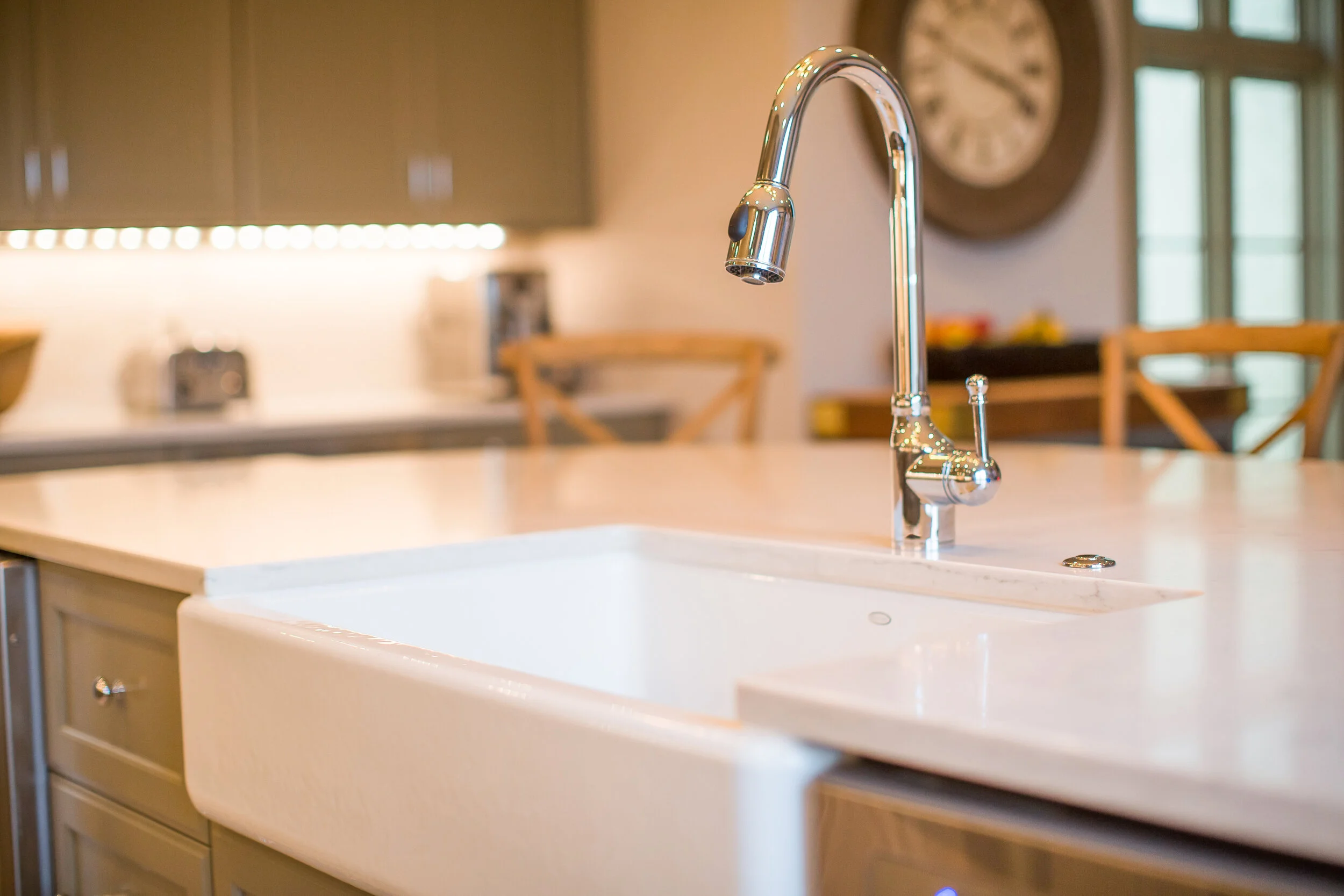
Pros:
 One of the main advantages of using
stainless steel
as a kitchen sink material is its durability. It is resistant to scratches, stains, and heat, making it a practical choice for busy households.
Granite composite
sinks, on the other hand, are known for their sleek and modern appearance. They are also resistant to scratches and stains, and can handle high temperatures.
Fireclay
sinks are also durable and can withstand heavy use, making them a popular choice for commercial kitchens. They also have a smooth and glossy finish, adding a touch of elegance to any kitchen design.
Another pro of using these materials is their versatility.
Stainless steel
sinks come in a variety of shapes and sizes, making it easy to find one that fits your kitchen design and needs.
Granite composite
sinks are available in a wide range of colors, allowing you to match it with your kitchen's color scheme.
Fireclay
sinks also come in various colors and styles, giving you the freedom to choose one that complements your kitchen design.
One of the main advantages of using
stainless steel
as a kitchen sink material is its durability. It is resistant to scratches, stains, and heat, making it a practical choice for busy households.
Granite composite
sinks, on the other hand, are known for their sleek and modern appearance. They are also resistant to scratches and stains, and can handle high temperatures.
Fireclay
sinks are also durable and can withstand heavy use, making them a popular choice for commercial kitchens. They also have a smooth and glossy finish, adding a touch of elegance to any kitchen design.
Another pro of using these materials is their versatility.
Stainless steel
sinks come in a variety of shapes and sizes, making it easy to find one that fits your kitchen design and needs.
Granite composite
sinks are available in a wide range of colors, allowing you to match it with your kitchen's color scheme.
Fireclay
sinks also come in various colors and styles, giving you the freedom to choose one that complements your kitchen design.
Cons:
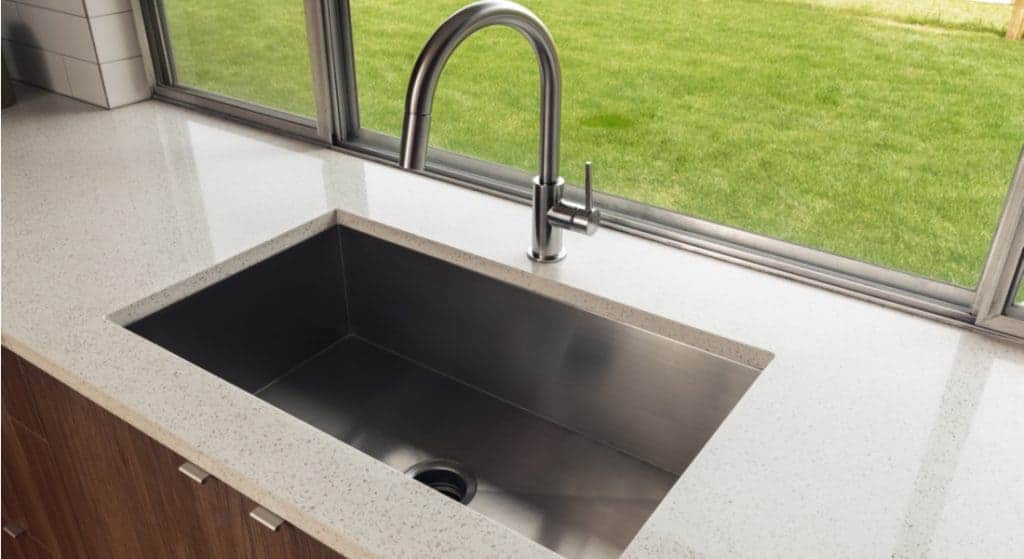 While
stainless steel
sinks are durable and versatile, they can be noisy when water hits the surface and can show water spots and fingerprints more easily.
Granite composite
sinks can also be prone to scratches and may require more maintenance to keep them looking like new.
Fireclay
sinks, although durable, are susceptible to chipping and cracking if heavy objects are dropped on them.
Another downside to these materials is their price.
Stainless steel
sinks are generally more affordable, but higher quality options can be more expensive.
Granite composite
and
fireclay
sinks tend to be more expensive due to their durability and aesthetic appeal.
In conclusion, each kitchen sink material has its own set of pros and cons. It is important to consider your budget, maintenance preferences, and overall design aesthetic when choosing the right material for your kitchen sink. Ultimately, the perfect sink material for your kitchen will depend on your personal needs and preferences.
While
stainless steel
sinks are durable and versatile, they can be noisy when water hits the surface and can show water spots and fingerprints more easily.
Granite composite
sinks can also be prone to scratches and may require more maintenance to keep them looking like new.
Fireclay
sinks, although durable, are susceptible to chipping and cracking if heavy objects are dropped on them.
Another downside to these materials is their price.
Stainless steel
sinks are generally more affordable, but higher quality options can be more expensive.
Granite composite
and
fireclay
sinks tend to be more expensive due to their durability and aesthetic appeal.
In conclusion, each kitchen sink material has its own set of pros and cons. It is important to consider your budget, maintenance preferences, and overall design aesthetic when choosing the right material for your kitchen sink. Ultimately, the perfect sink material for your kitchen will depend on your personal needs and preferences.
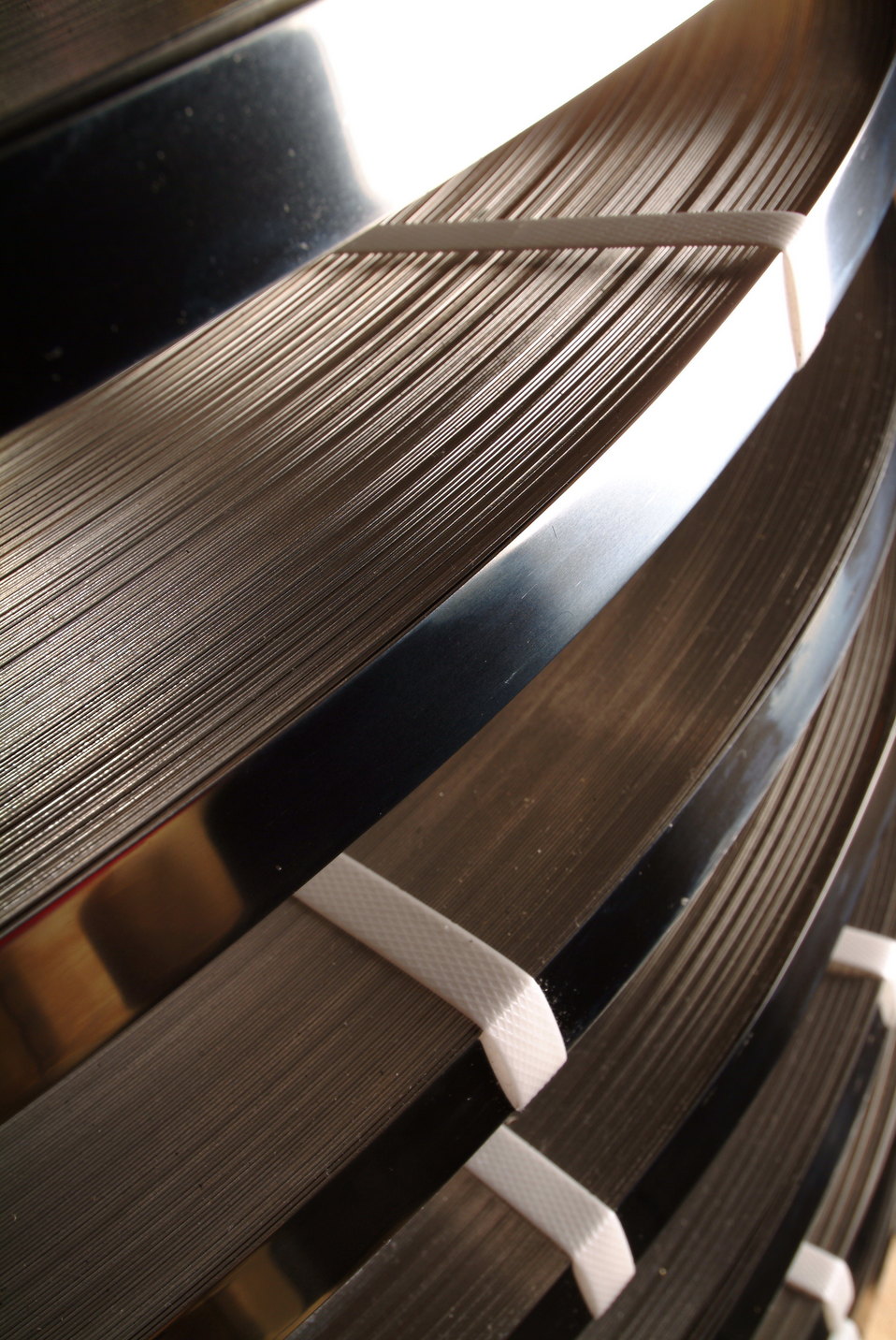






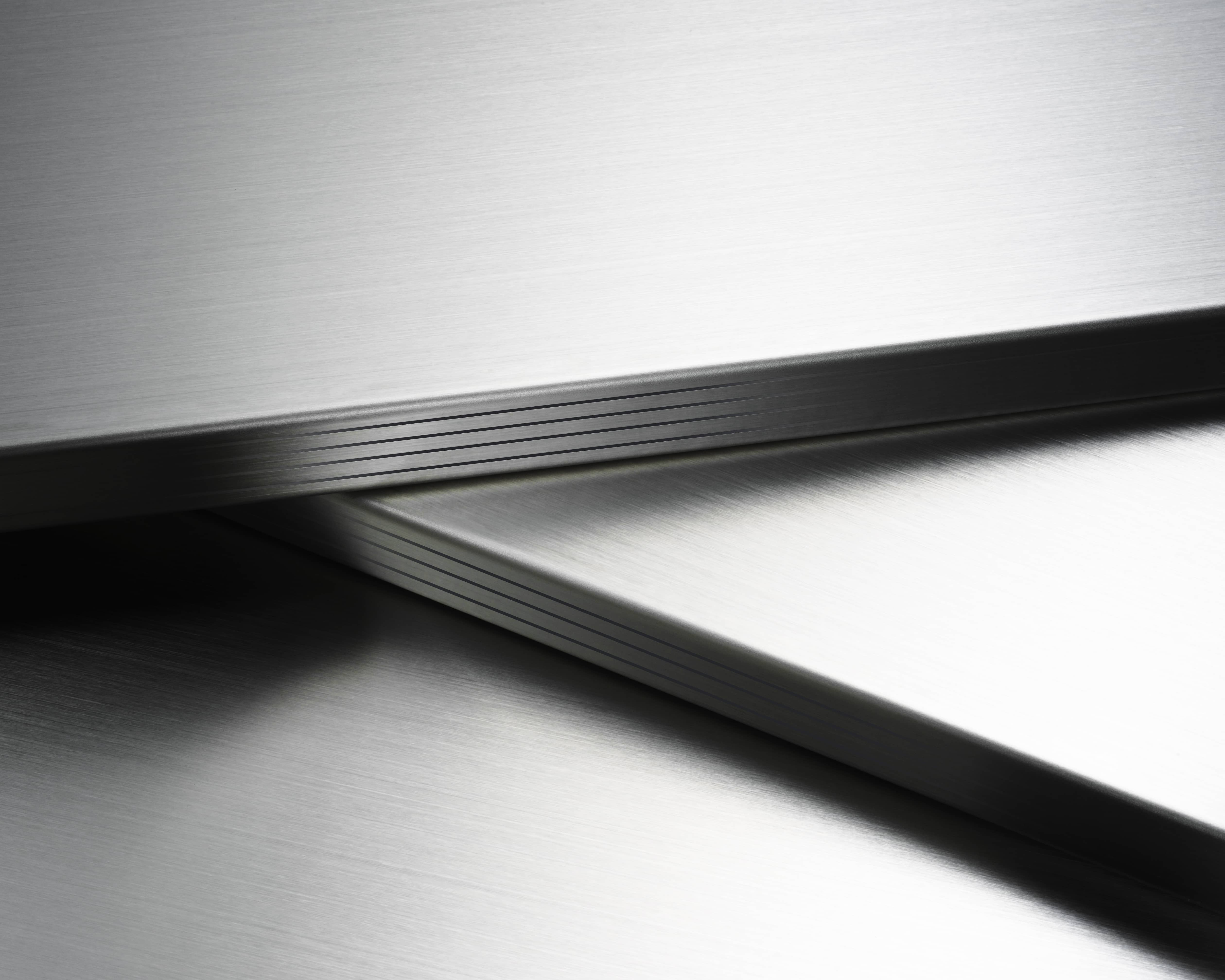

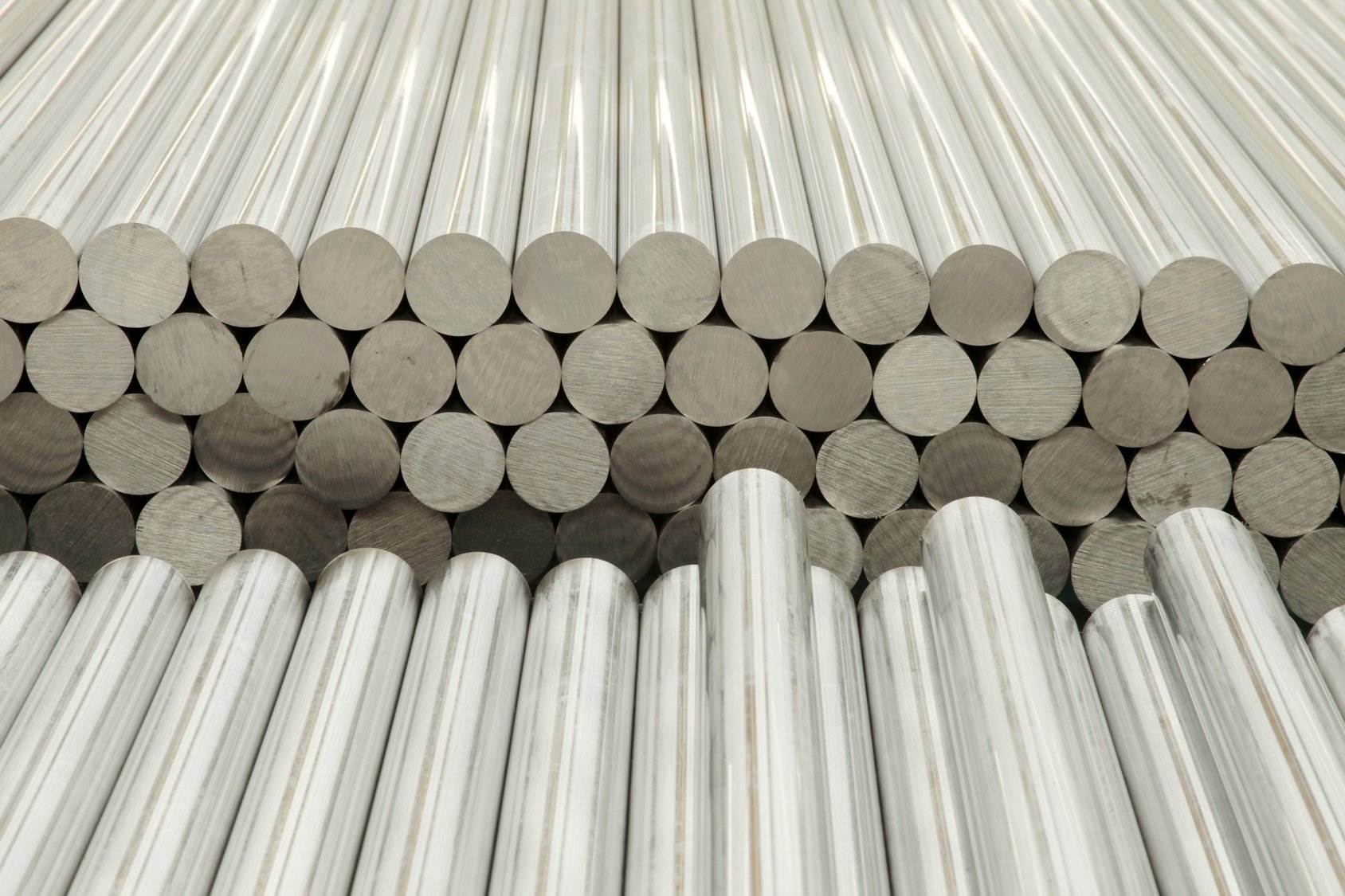

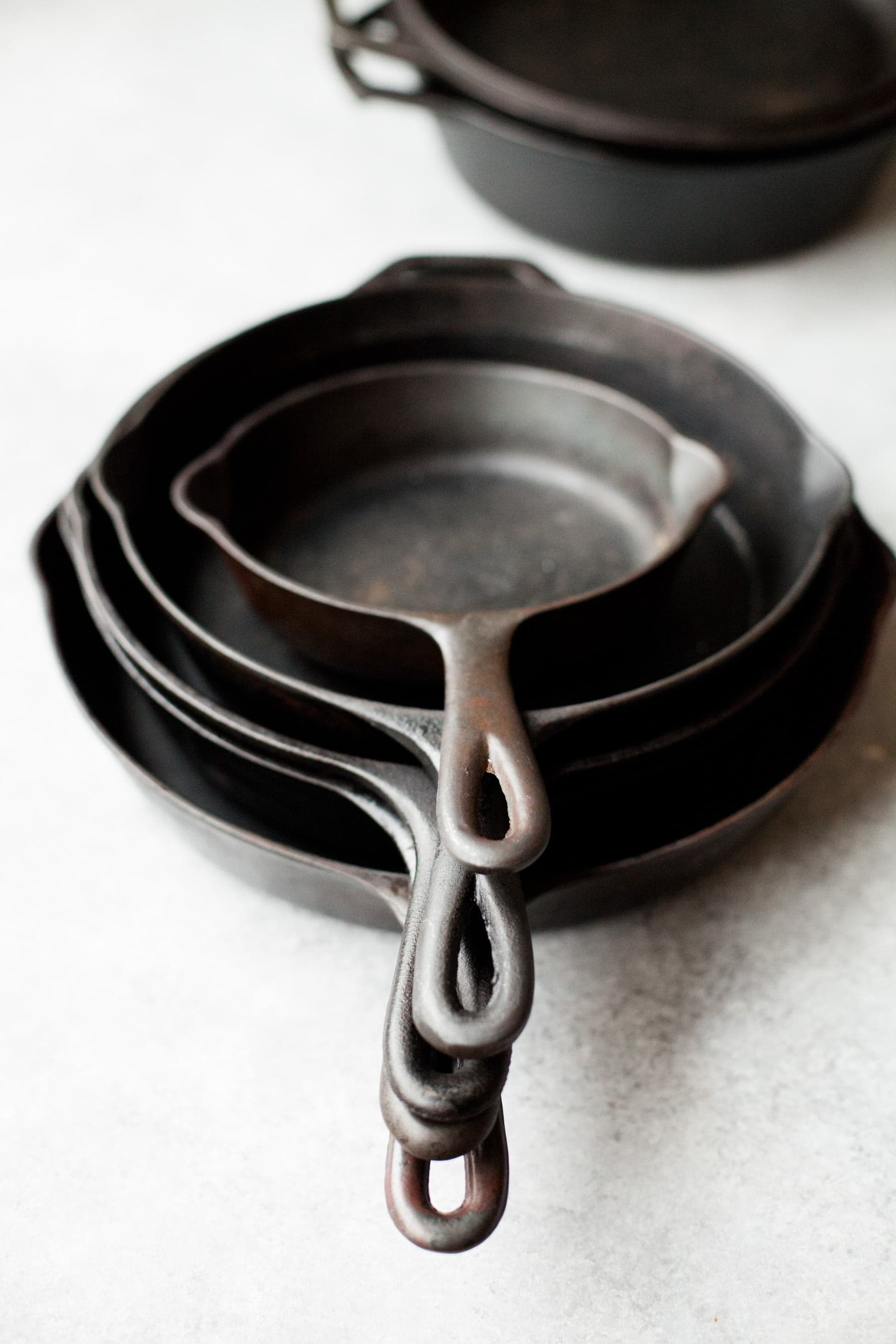

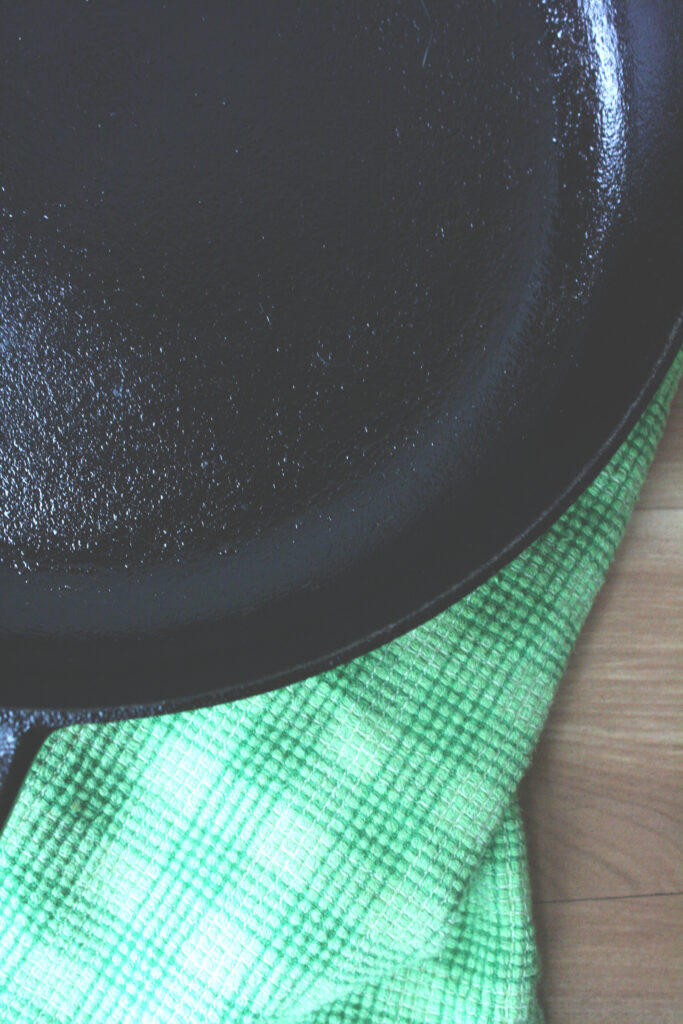




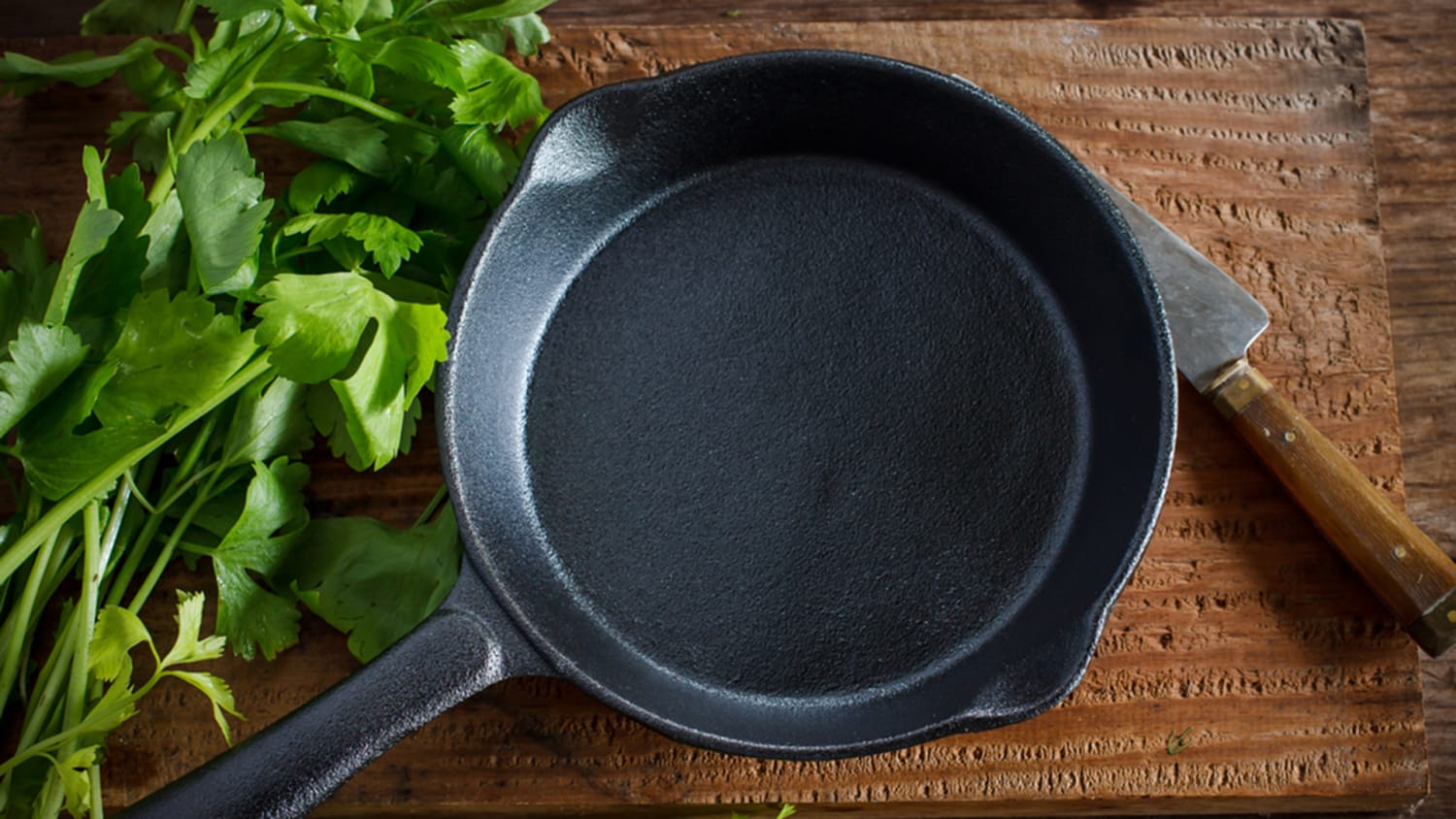

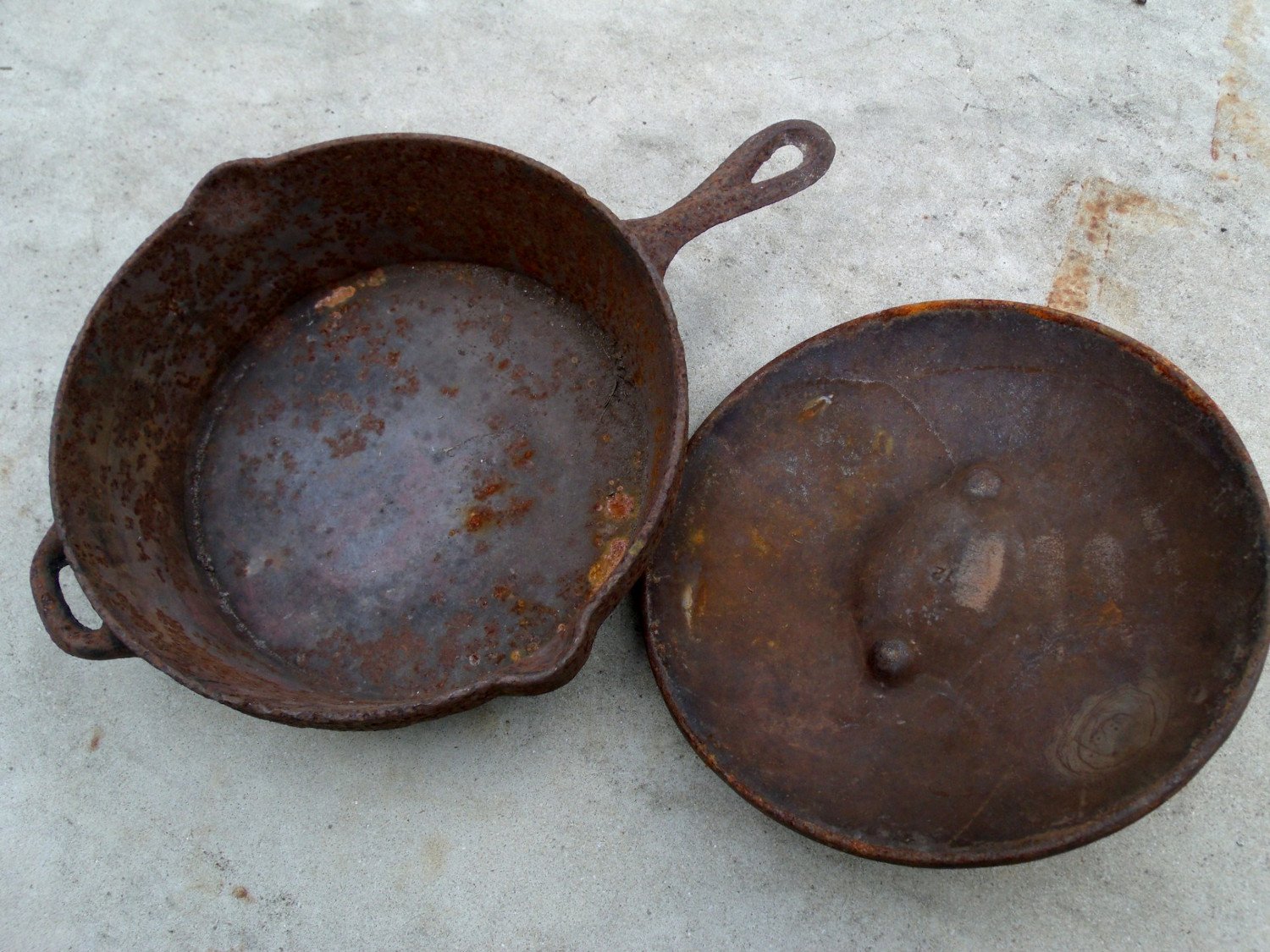

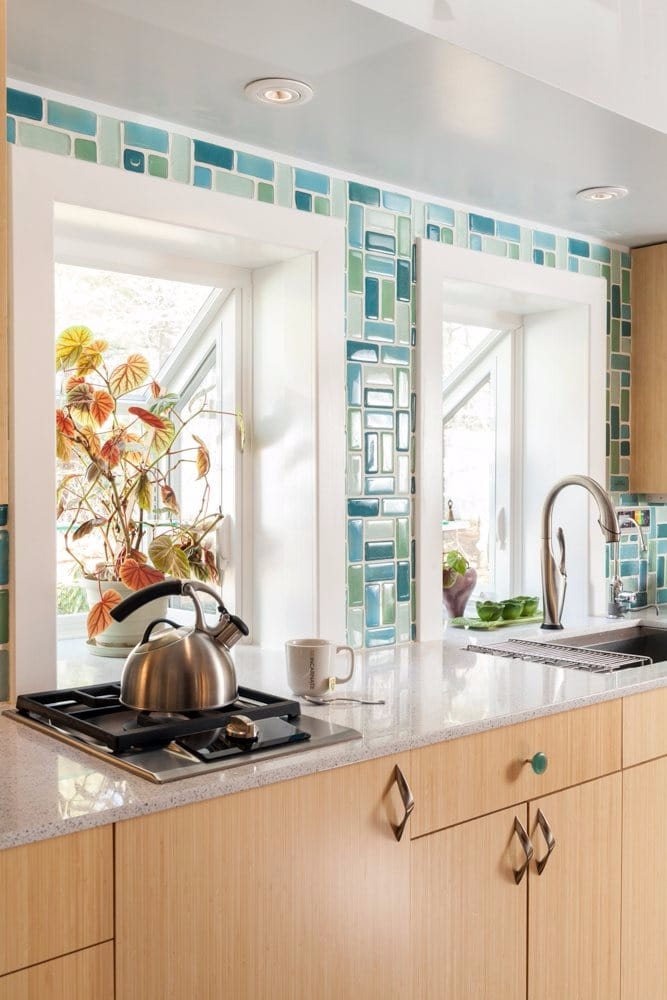

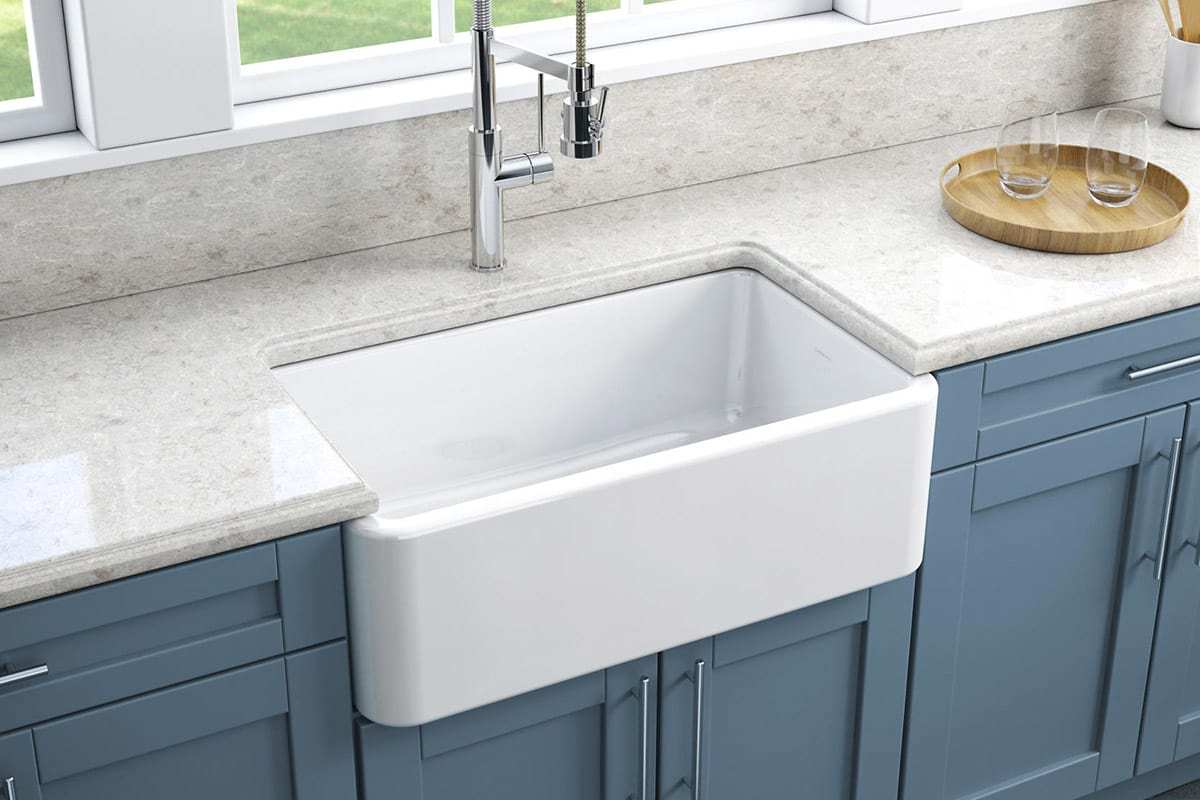

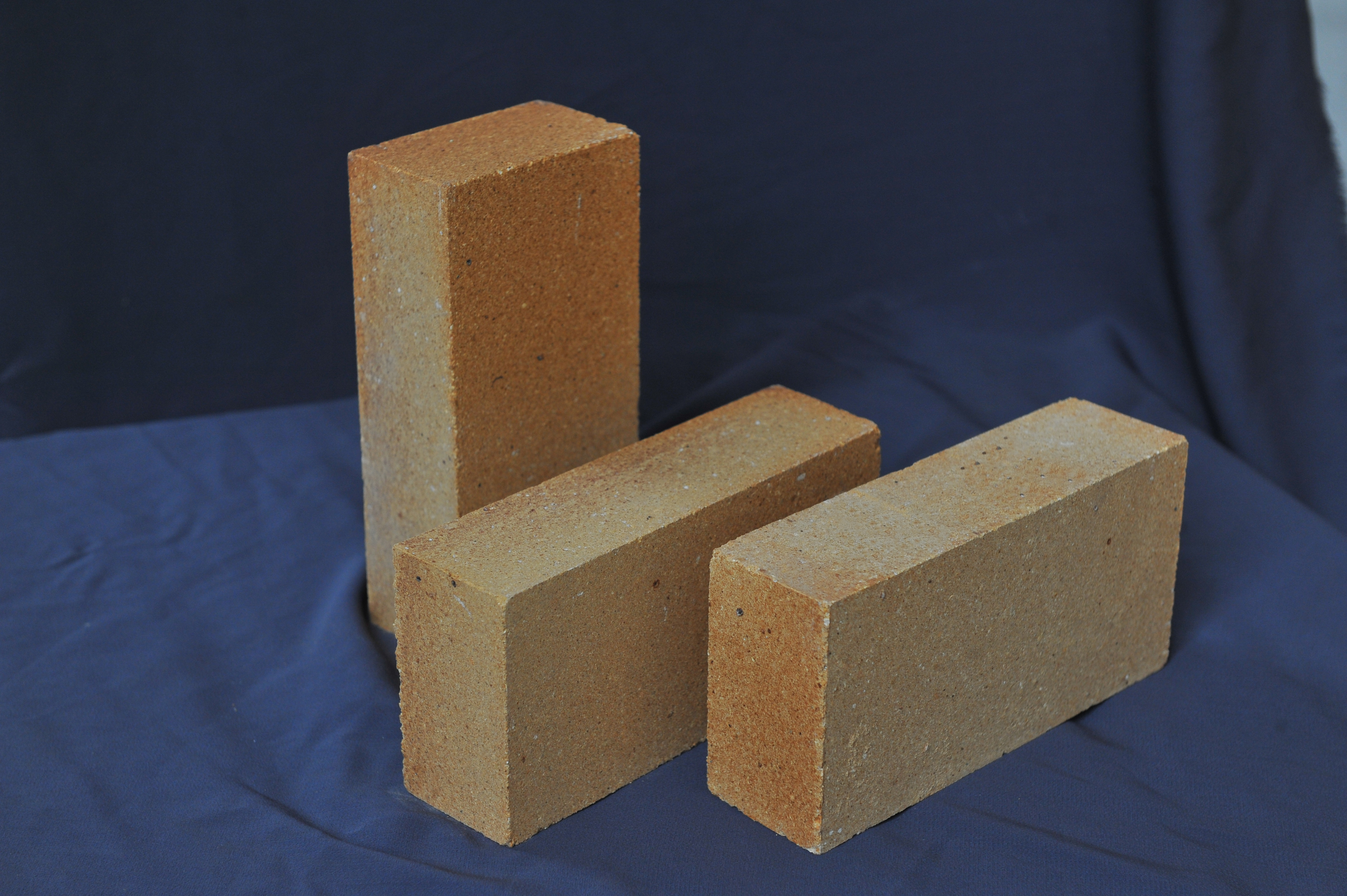
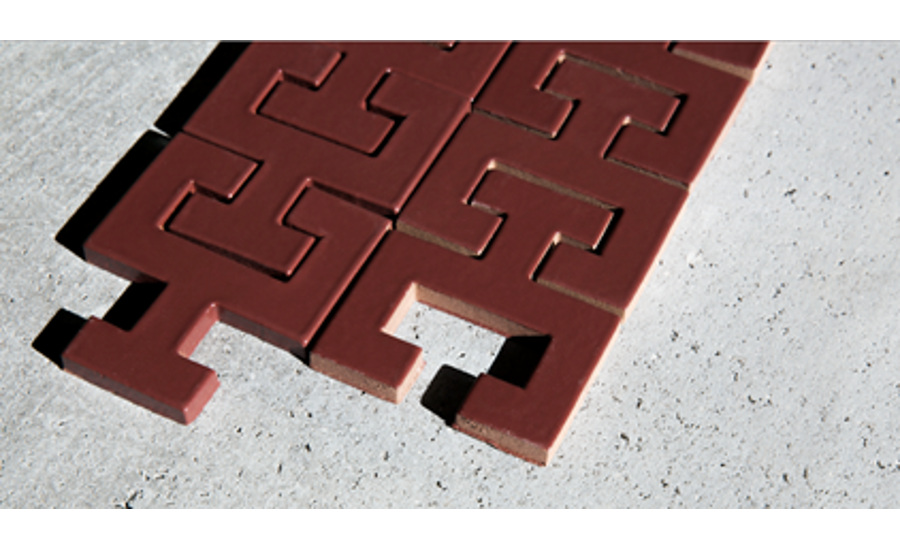





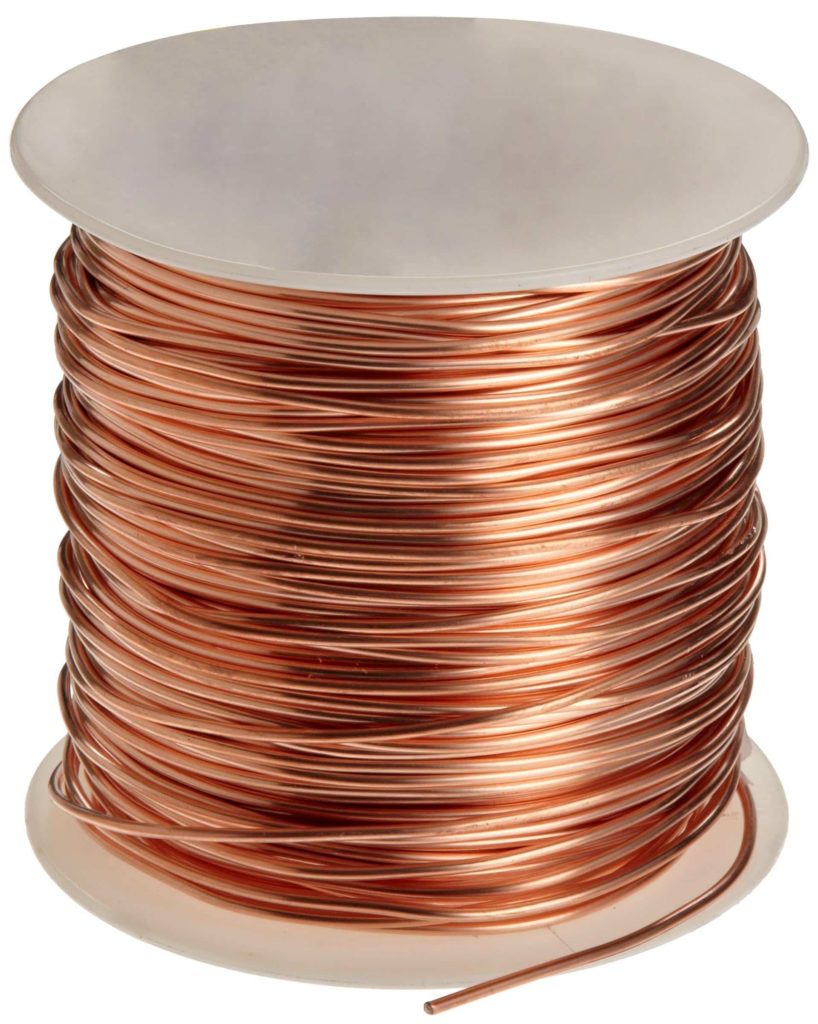


/105781528-56a613de5f9b58b7d0dfcc50.jpg)



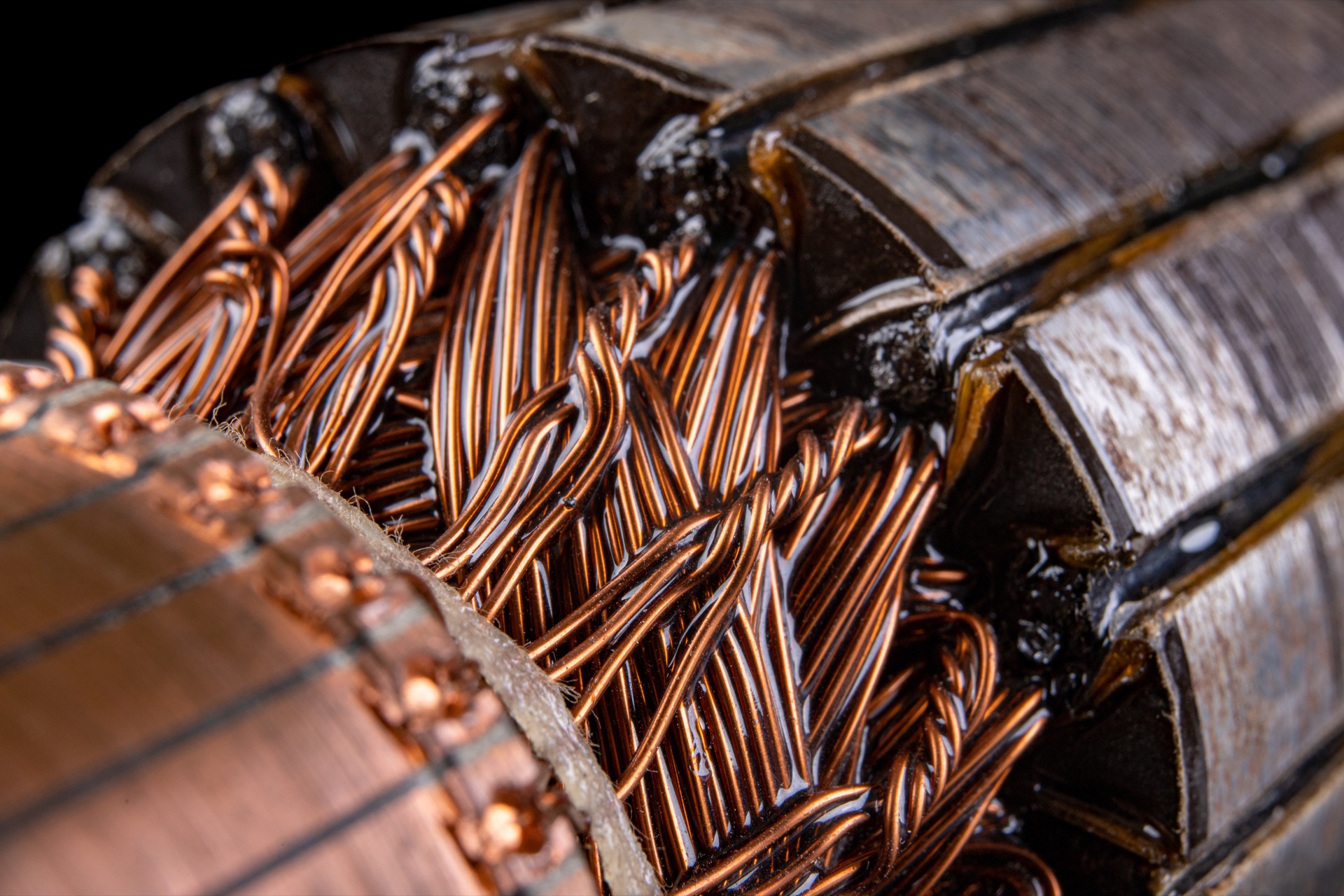
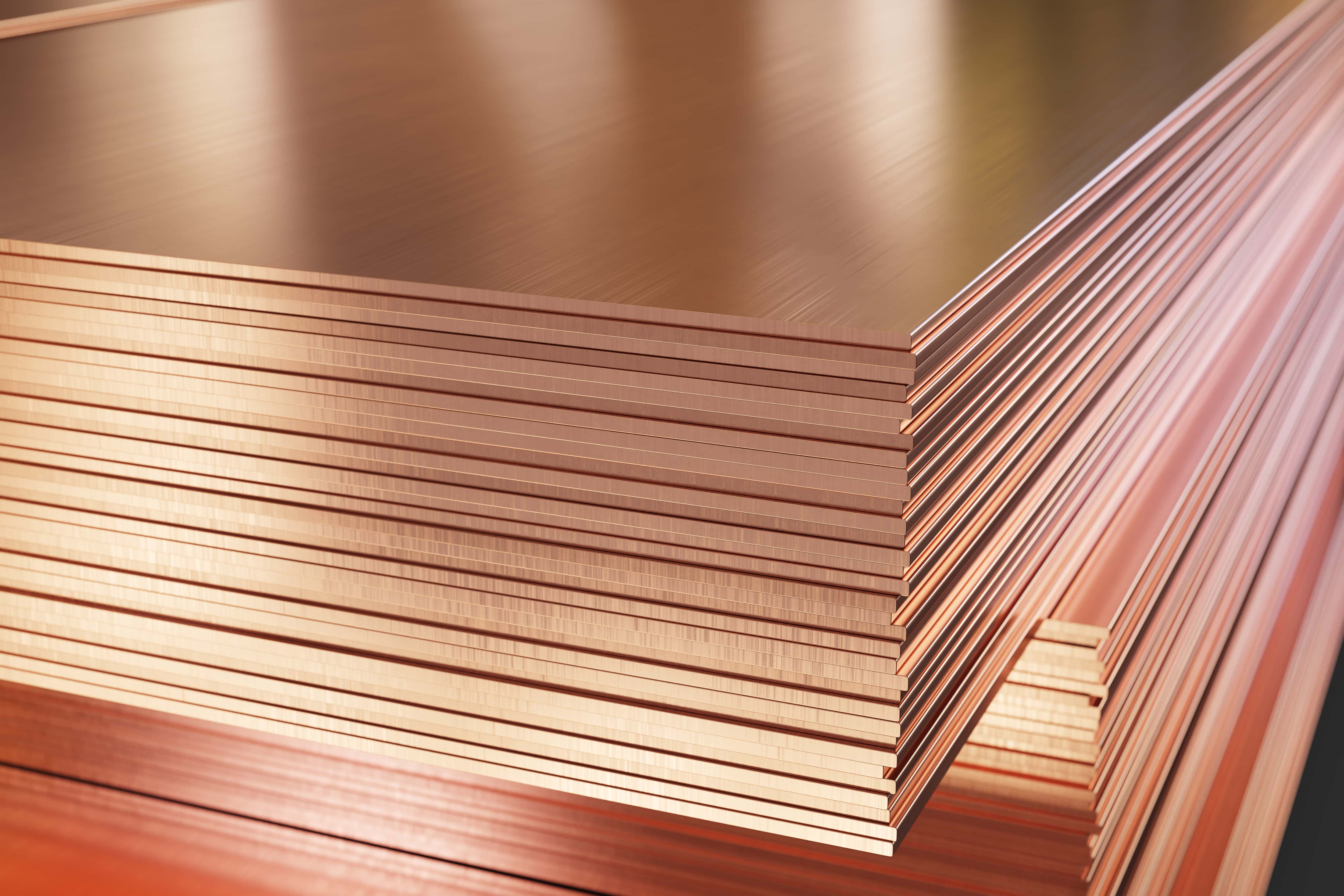









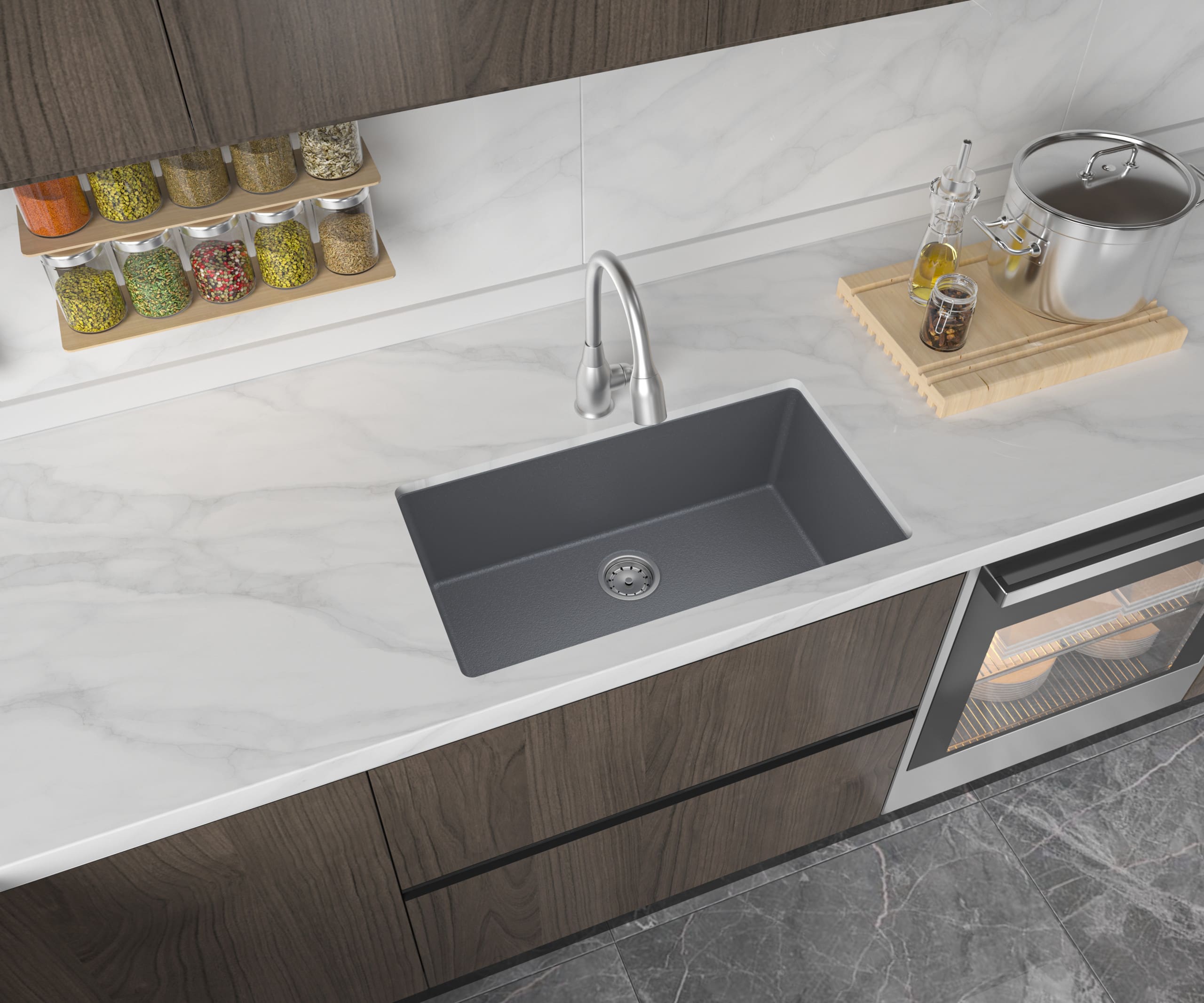
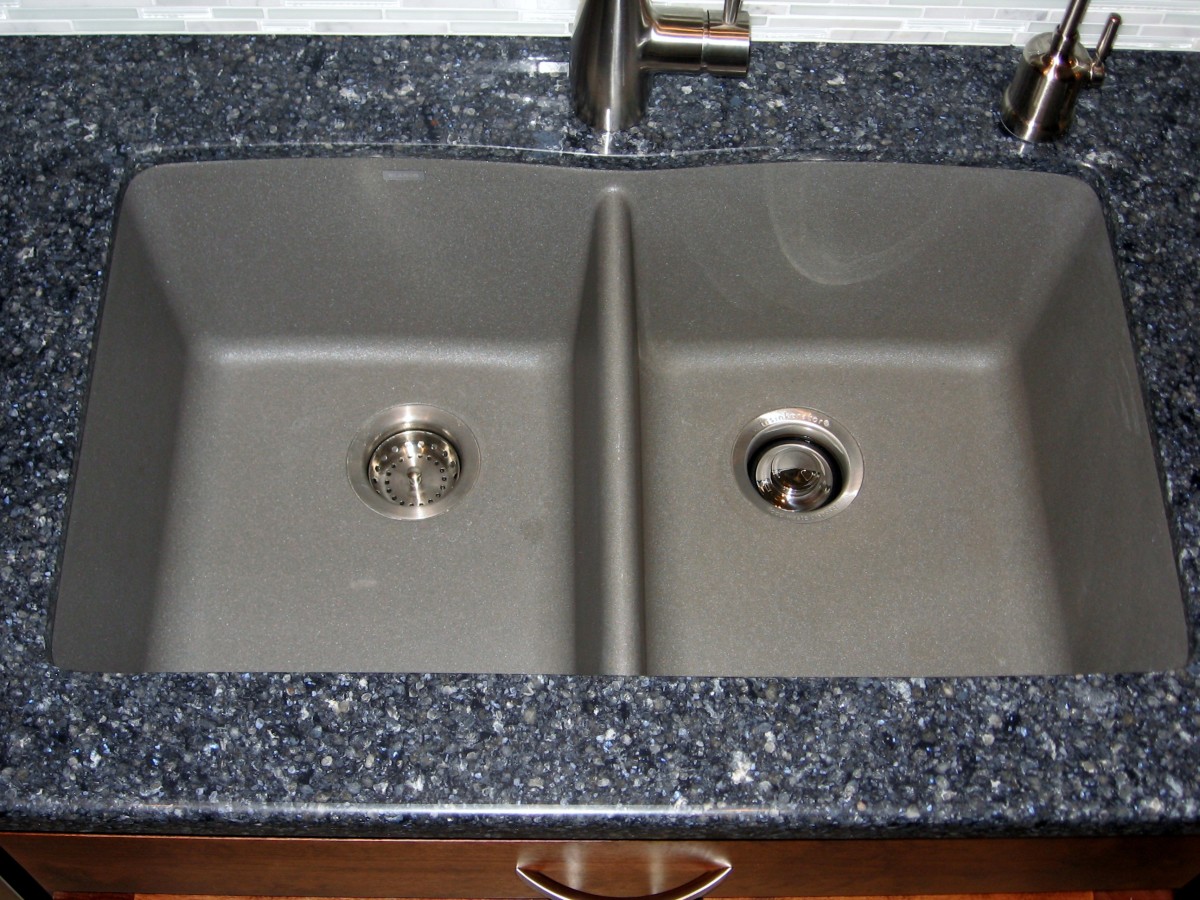


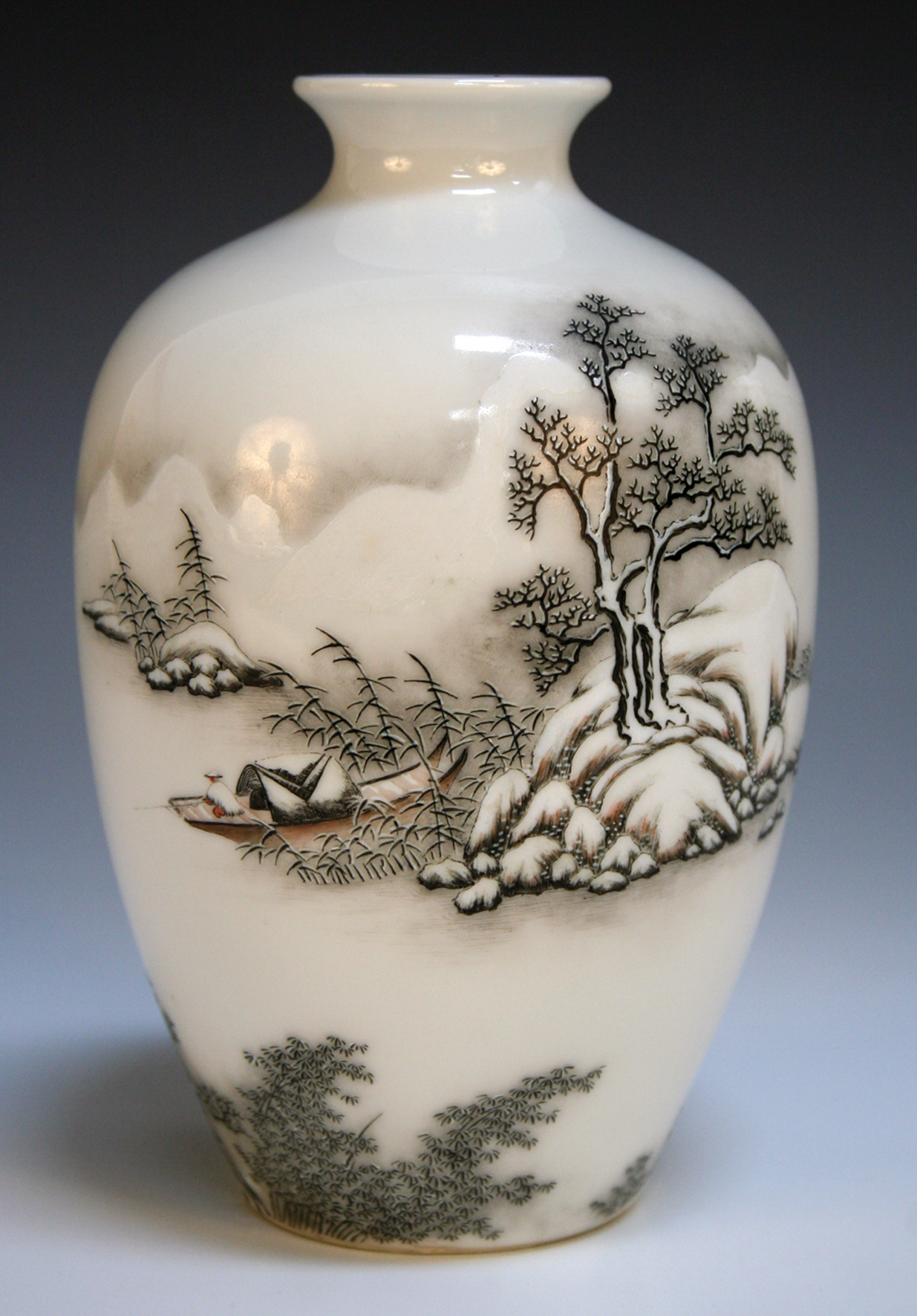





/WetPorcelainTile-5acfa0213037130037cecba0.jpg)



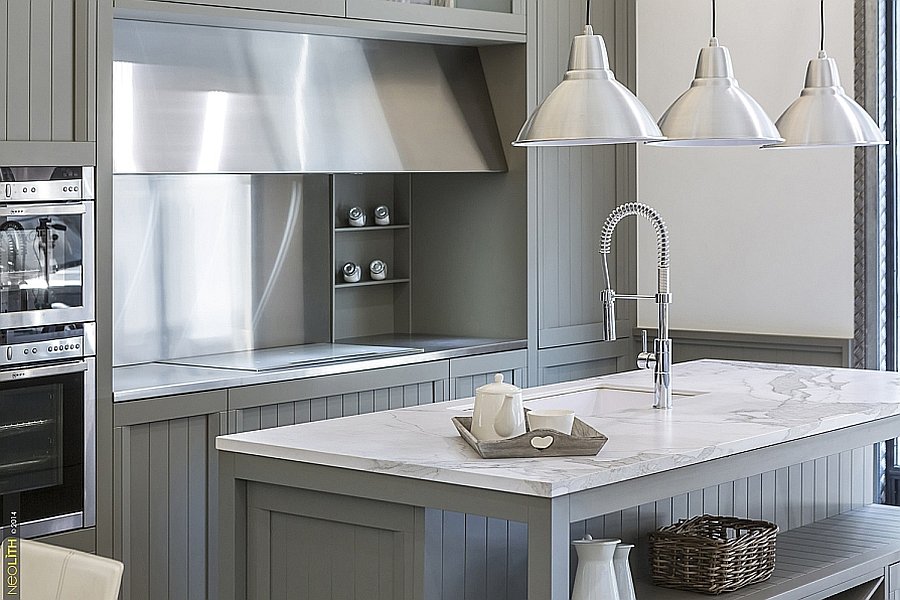




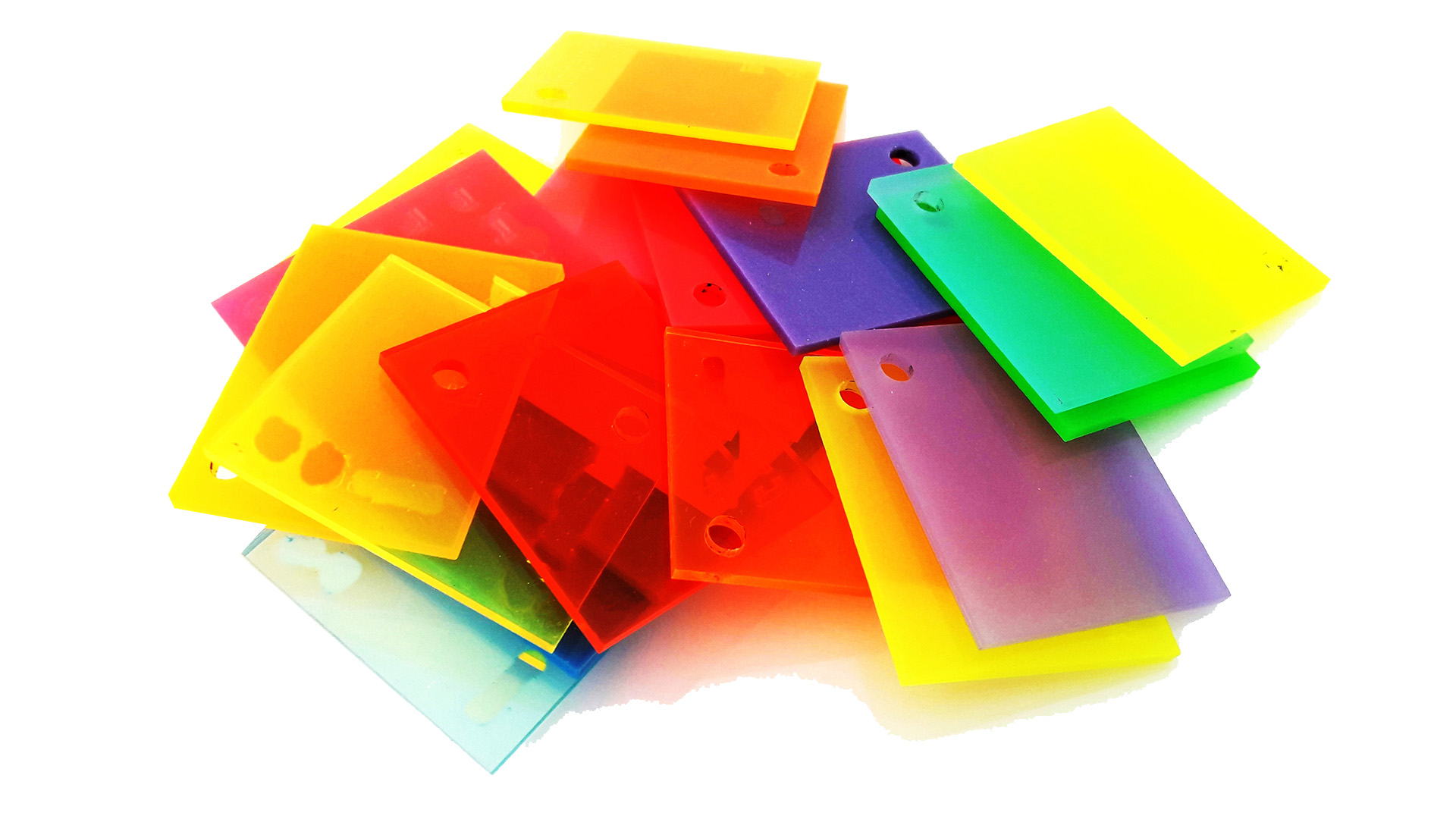
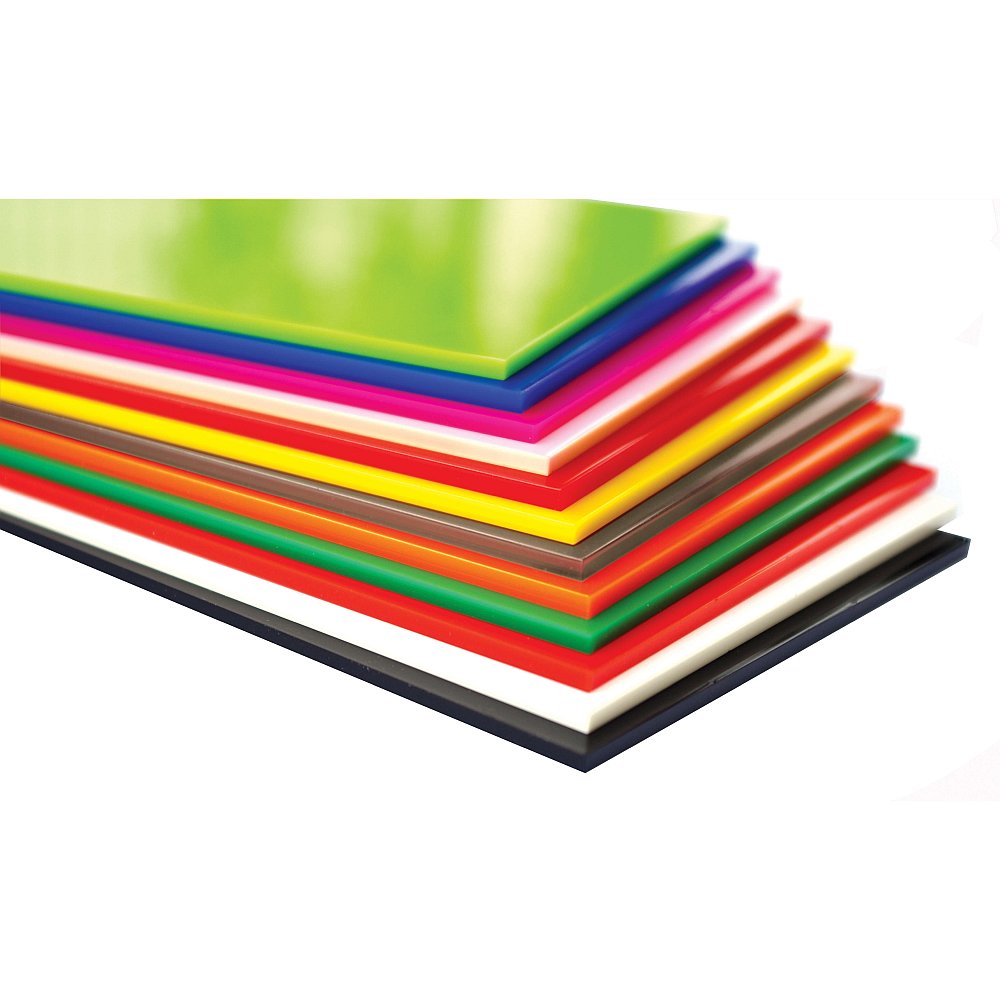
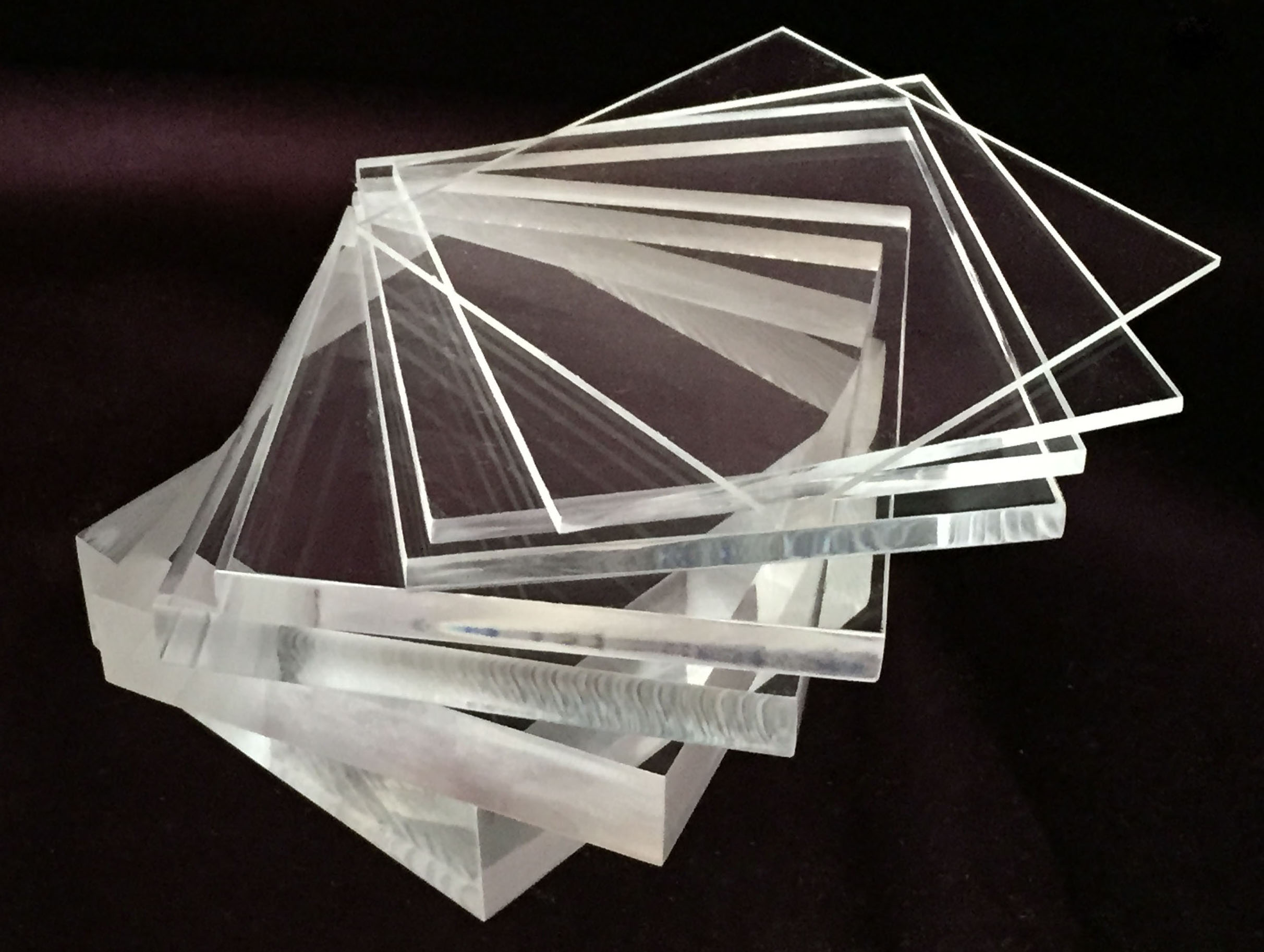
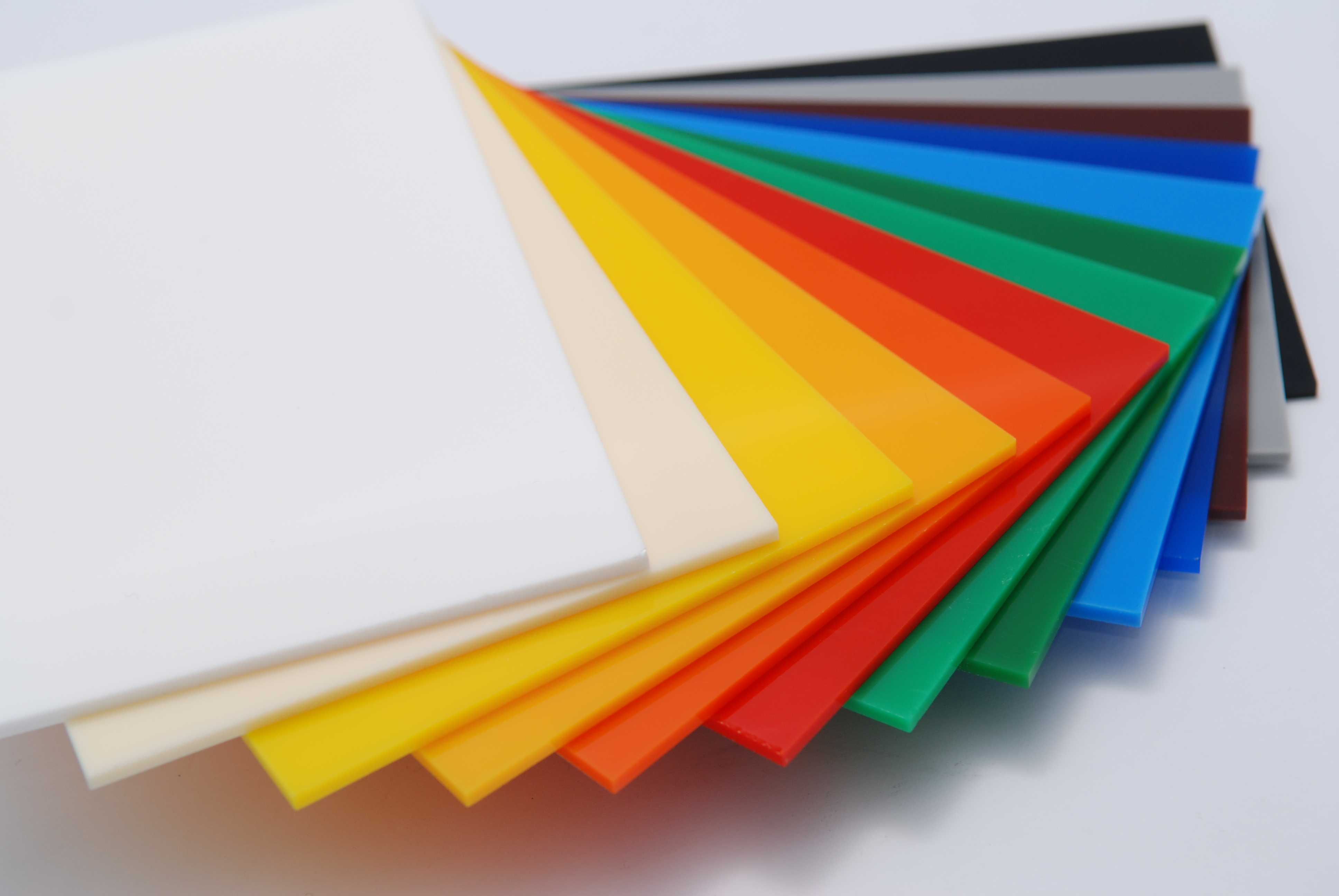
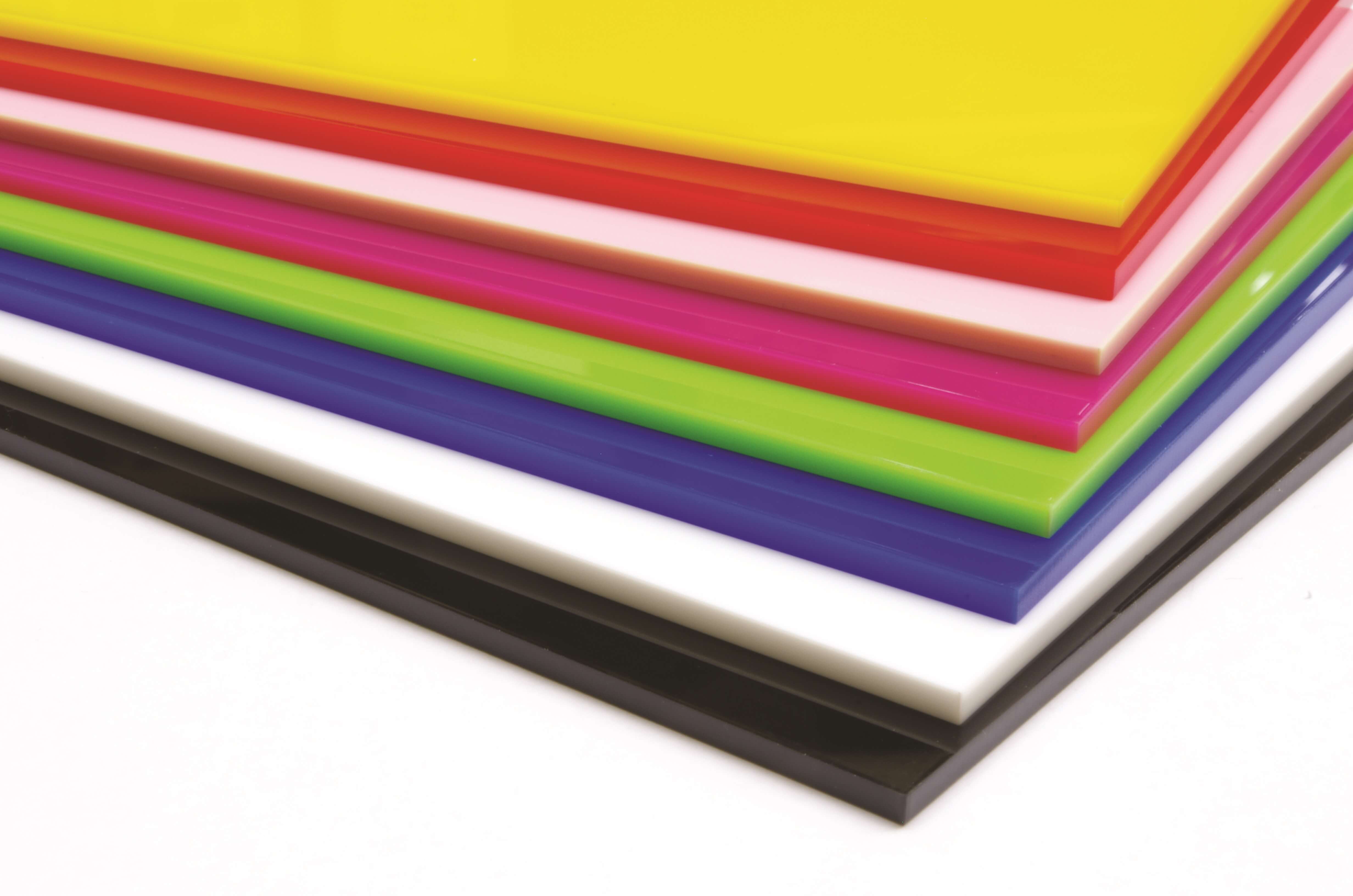
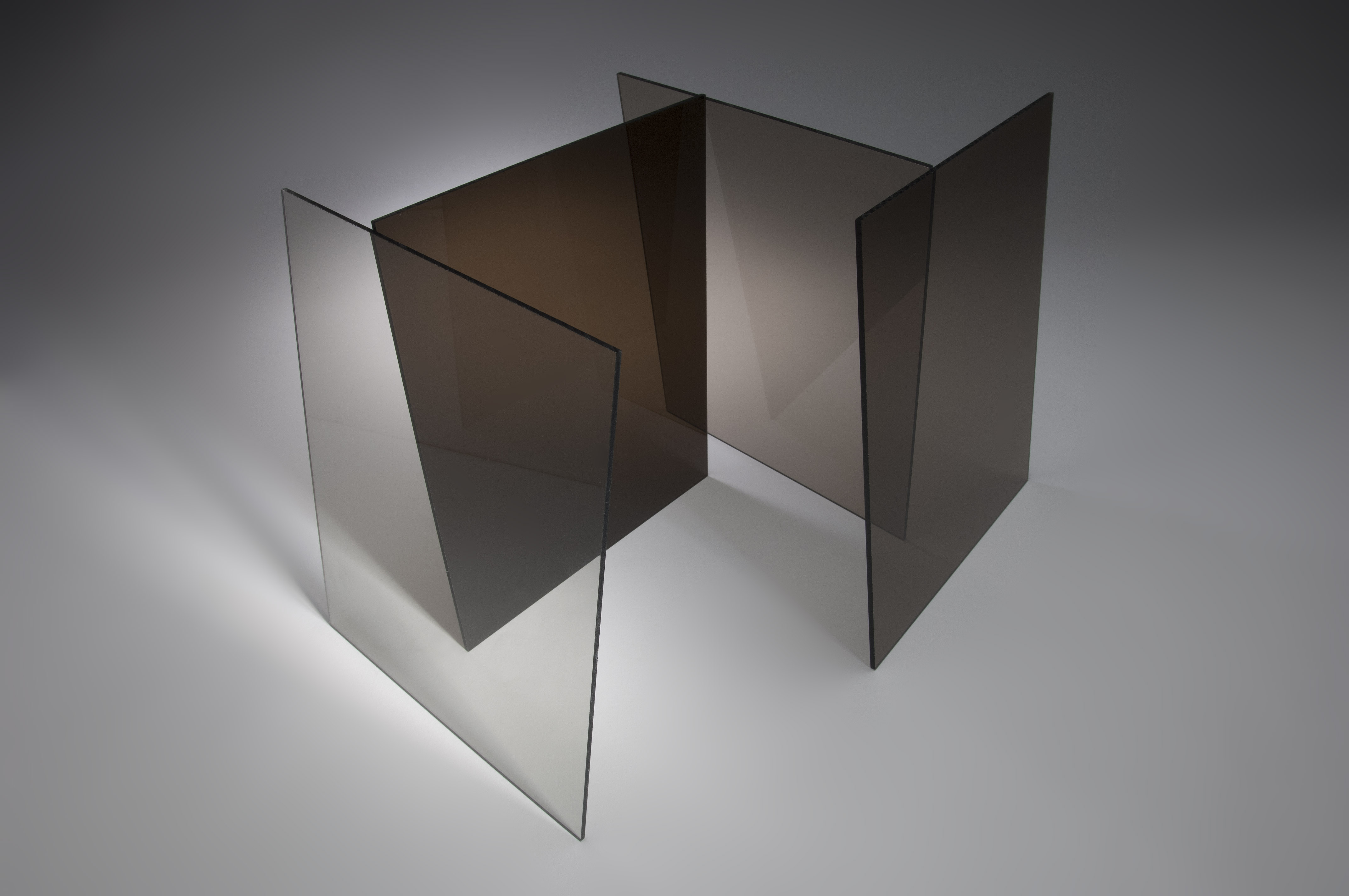
/acrylicpainttips_Beginners-56a6e7a65f9b58b7d0e56af3.jpg)
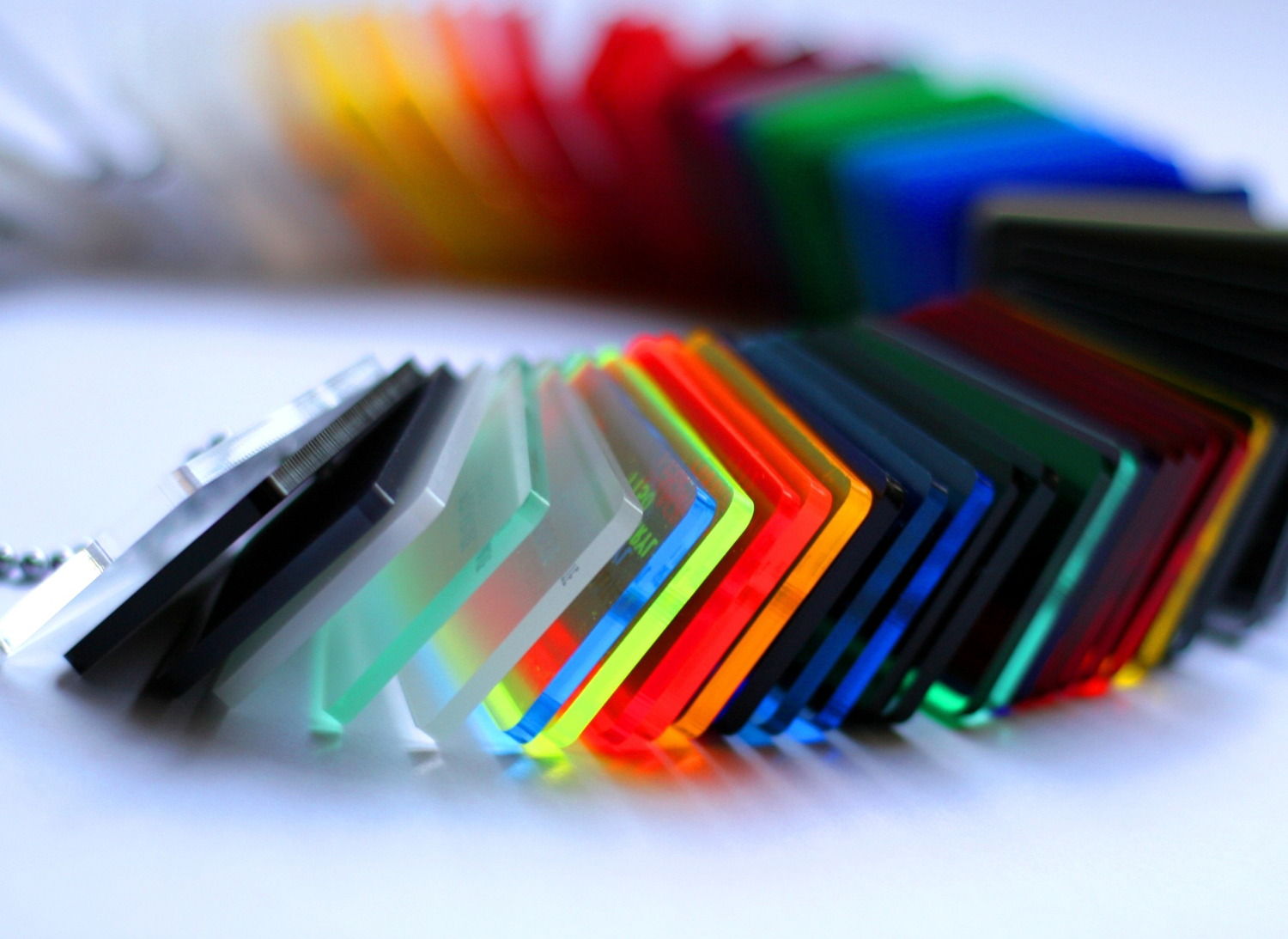
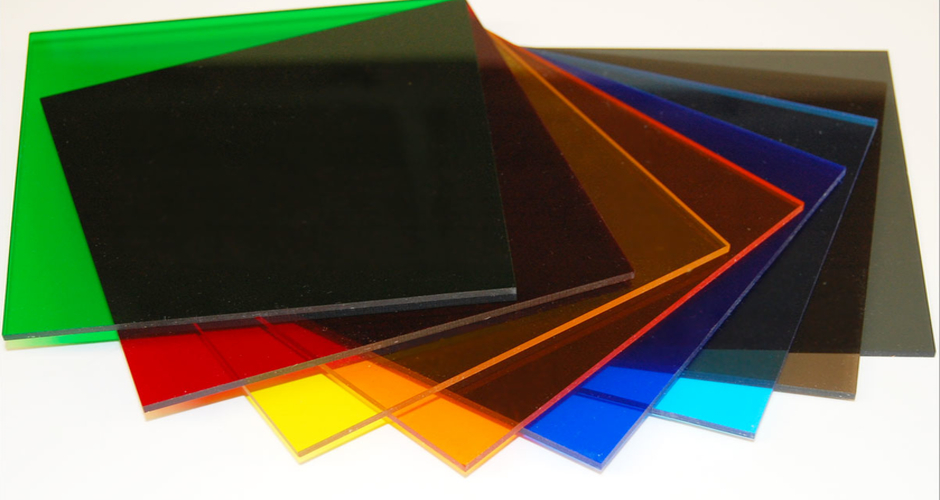

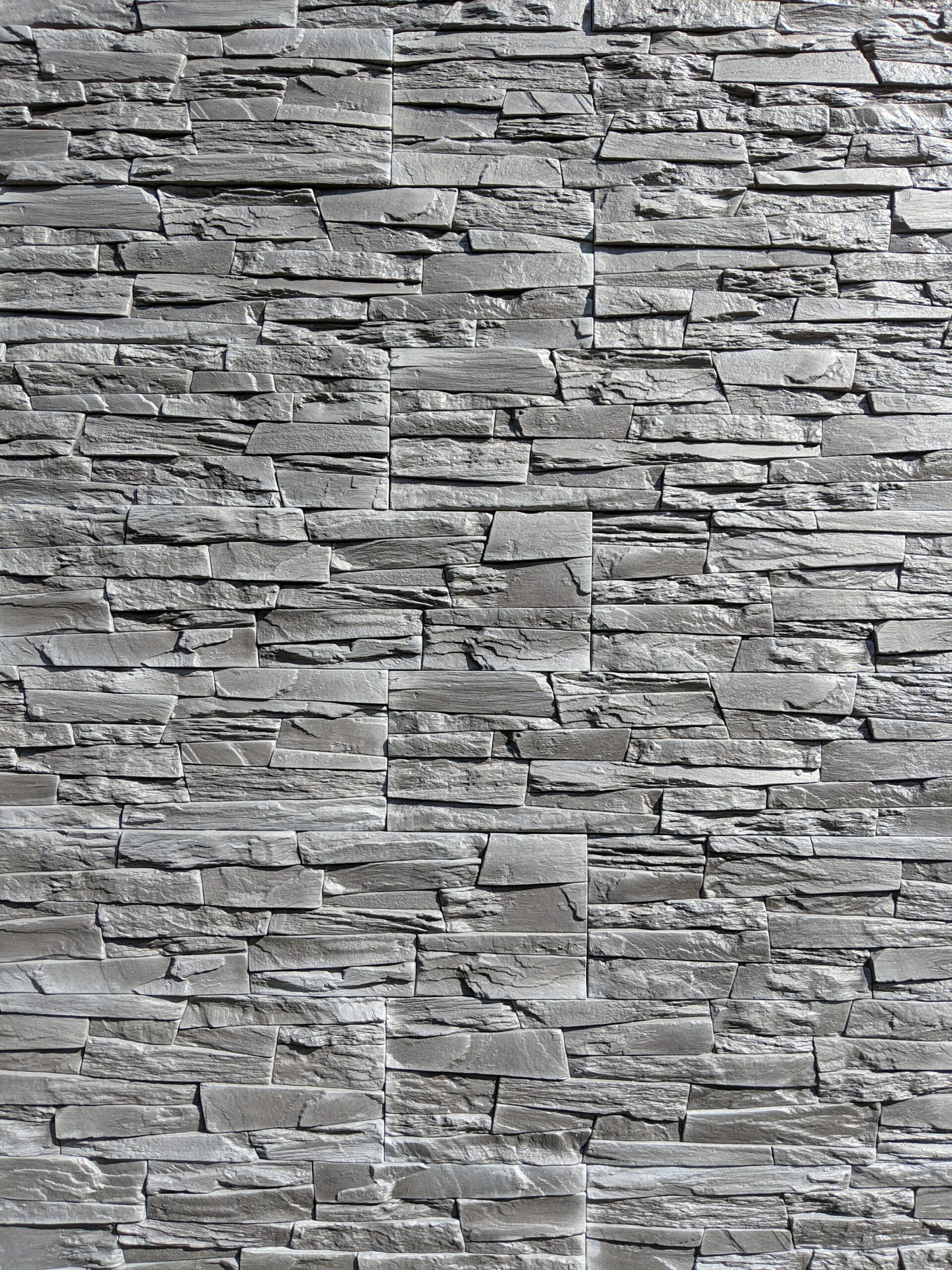
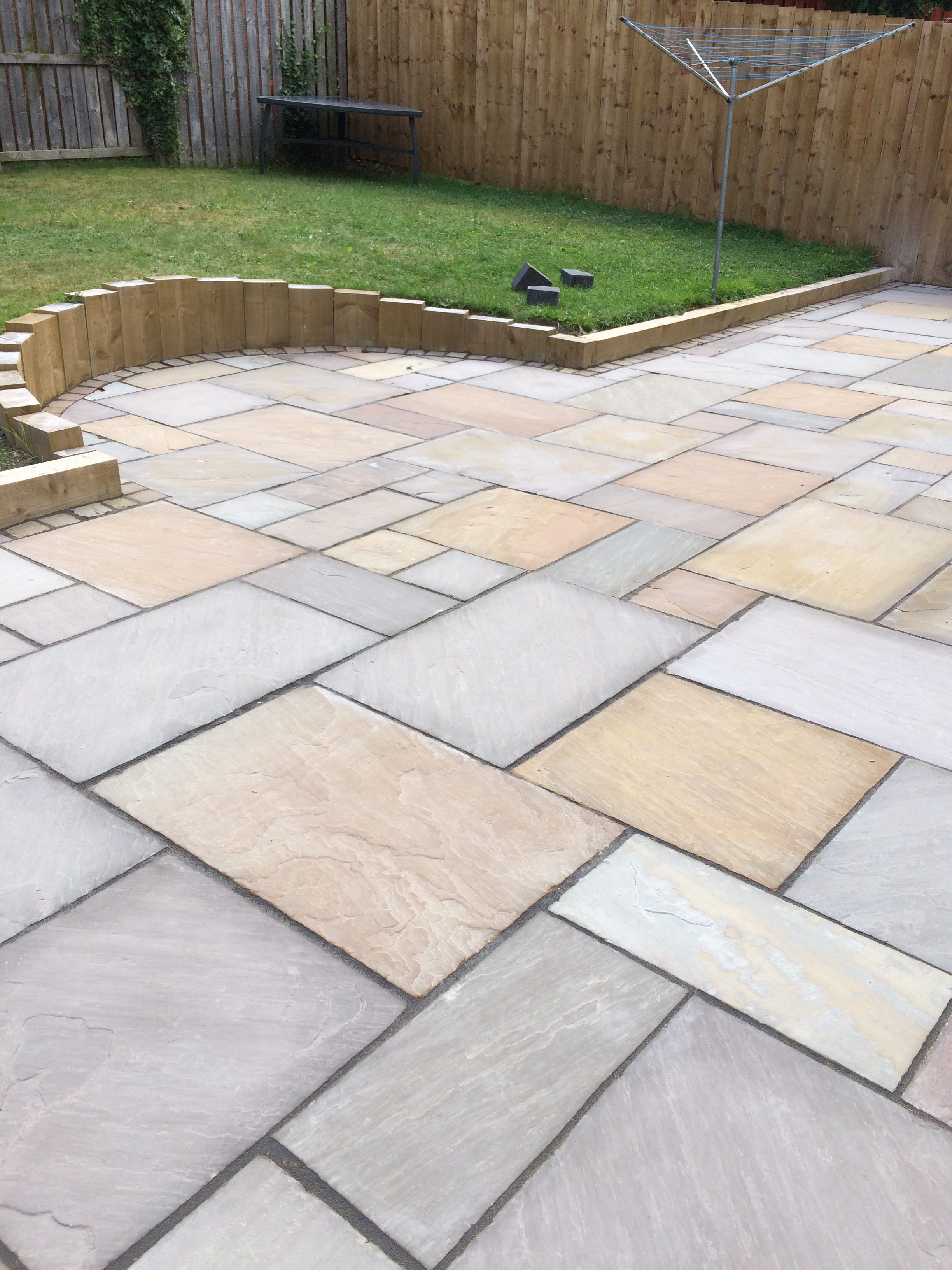
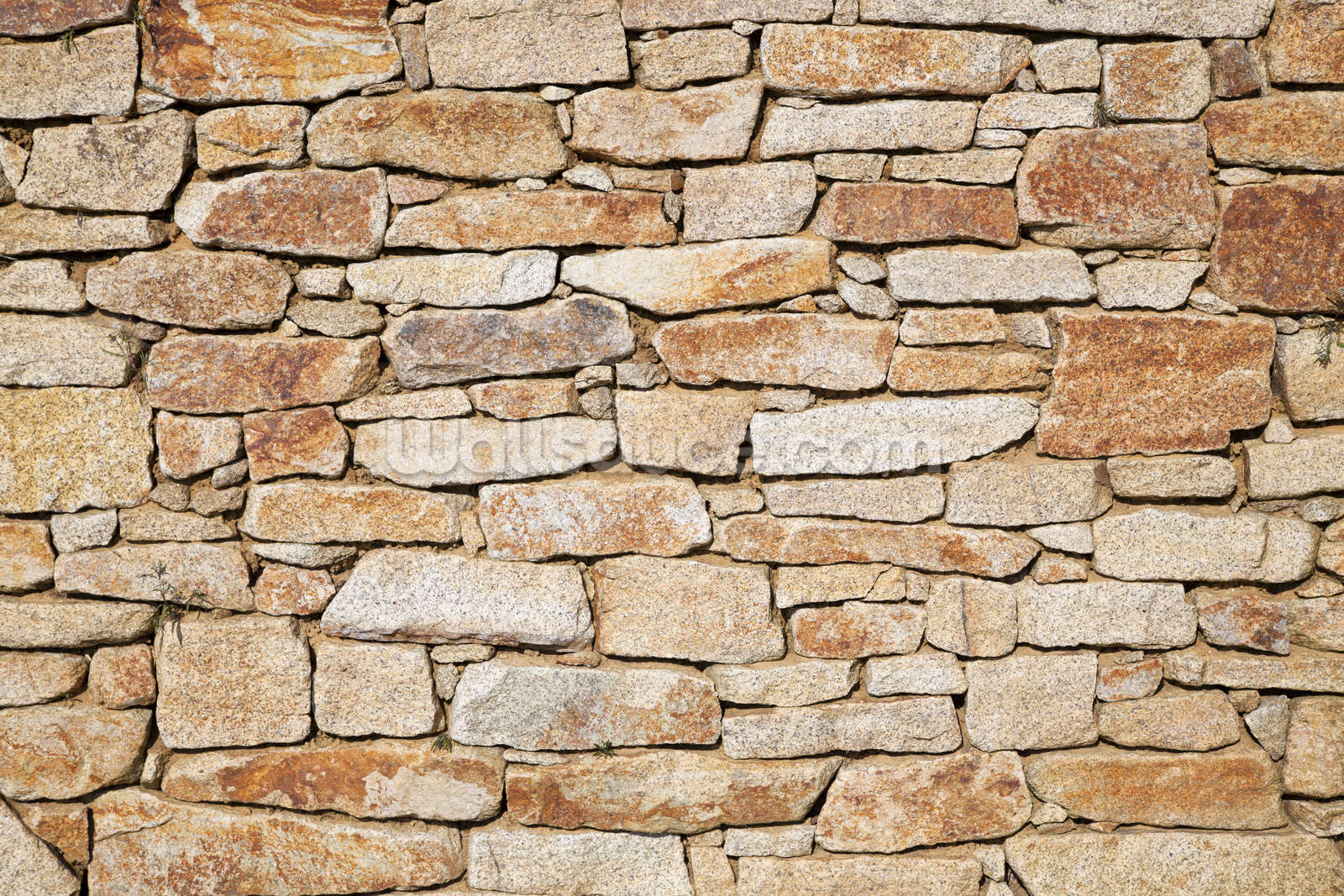

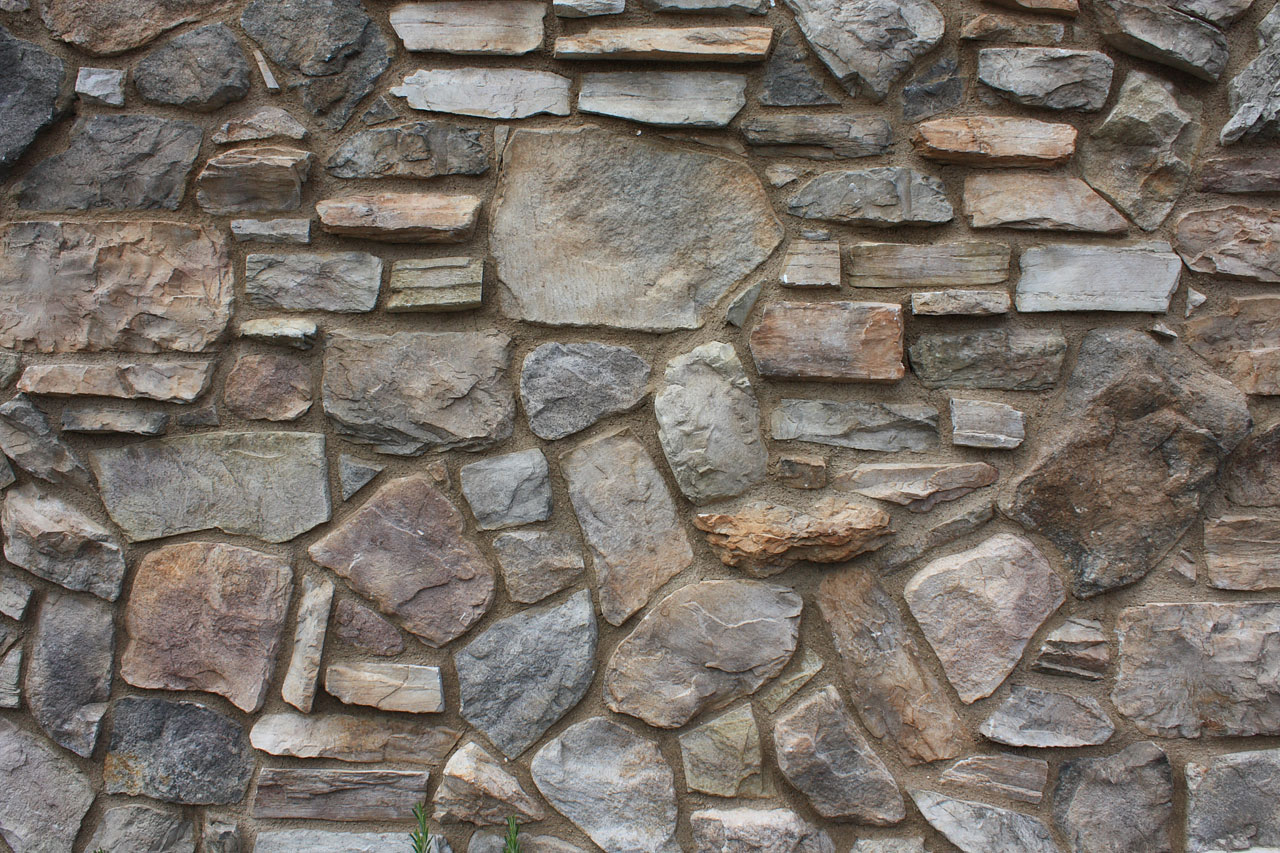
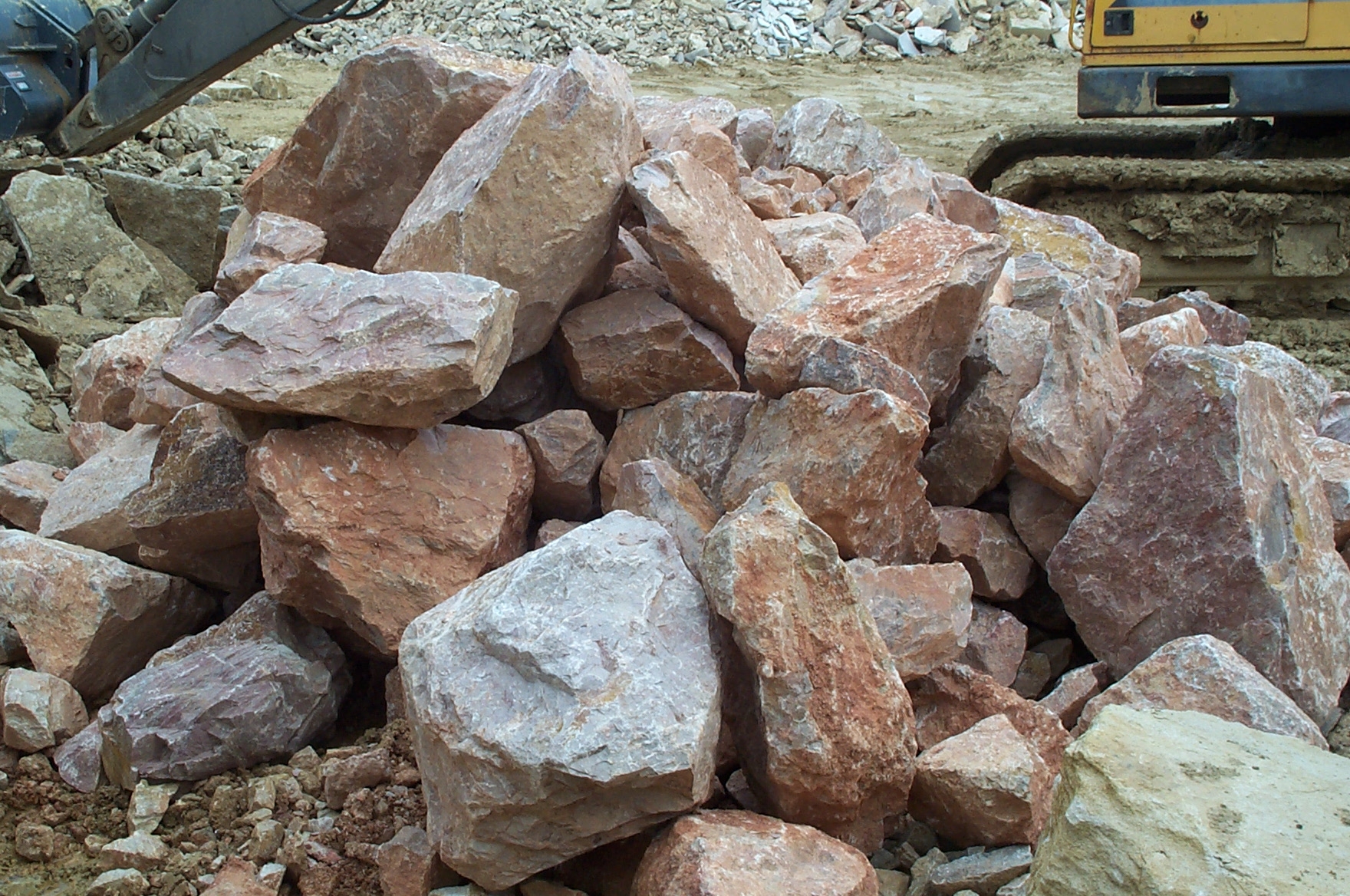
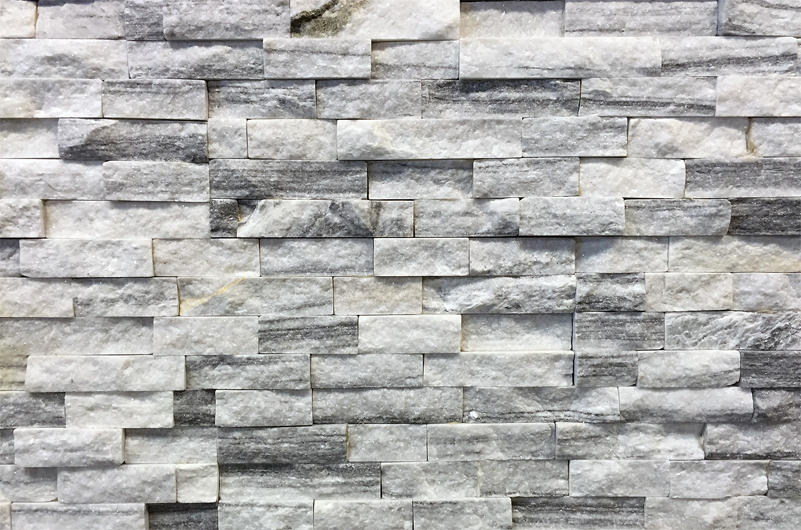
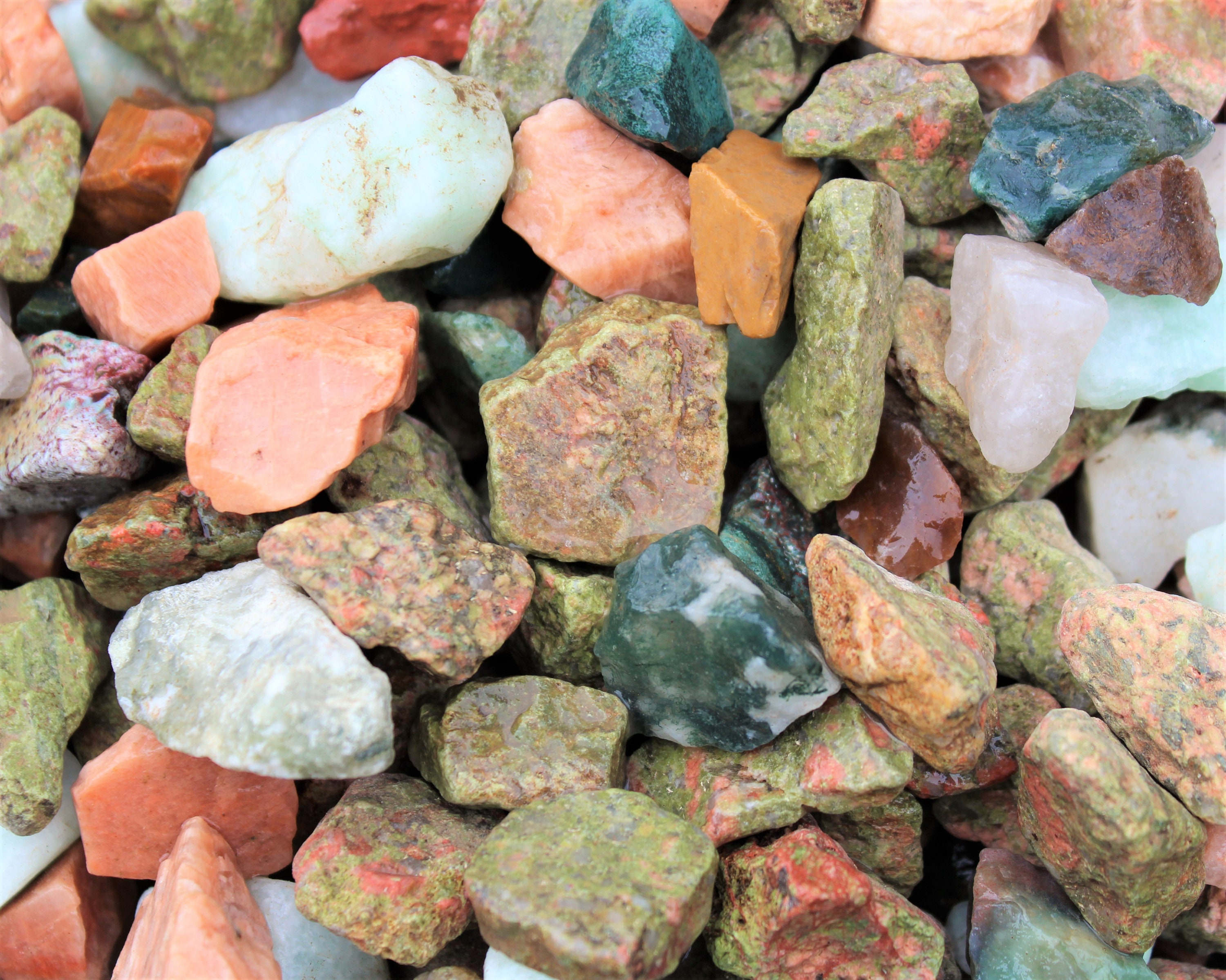
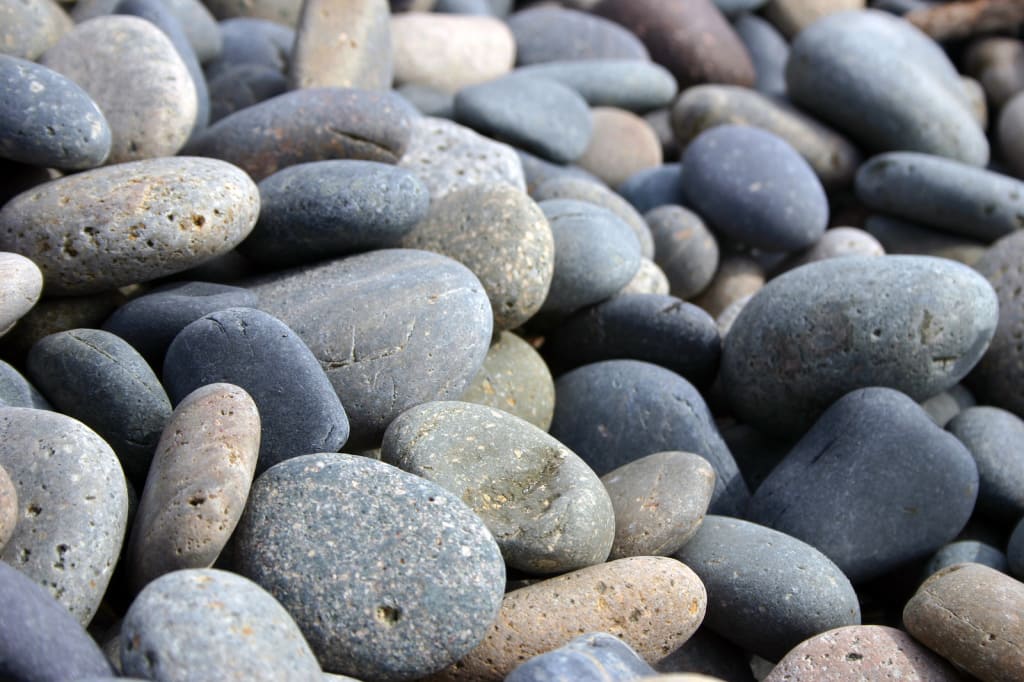
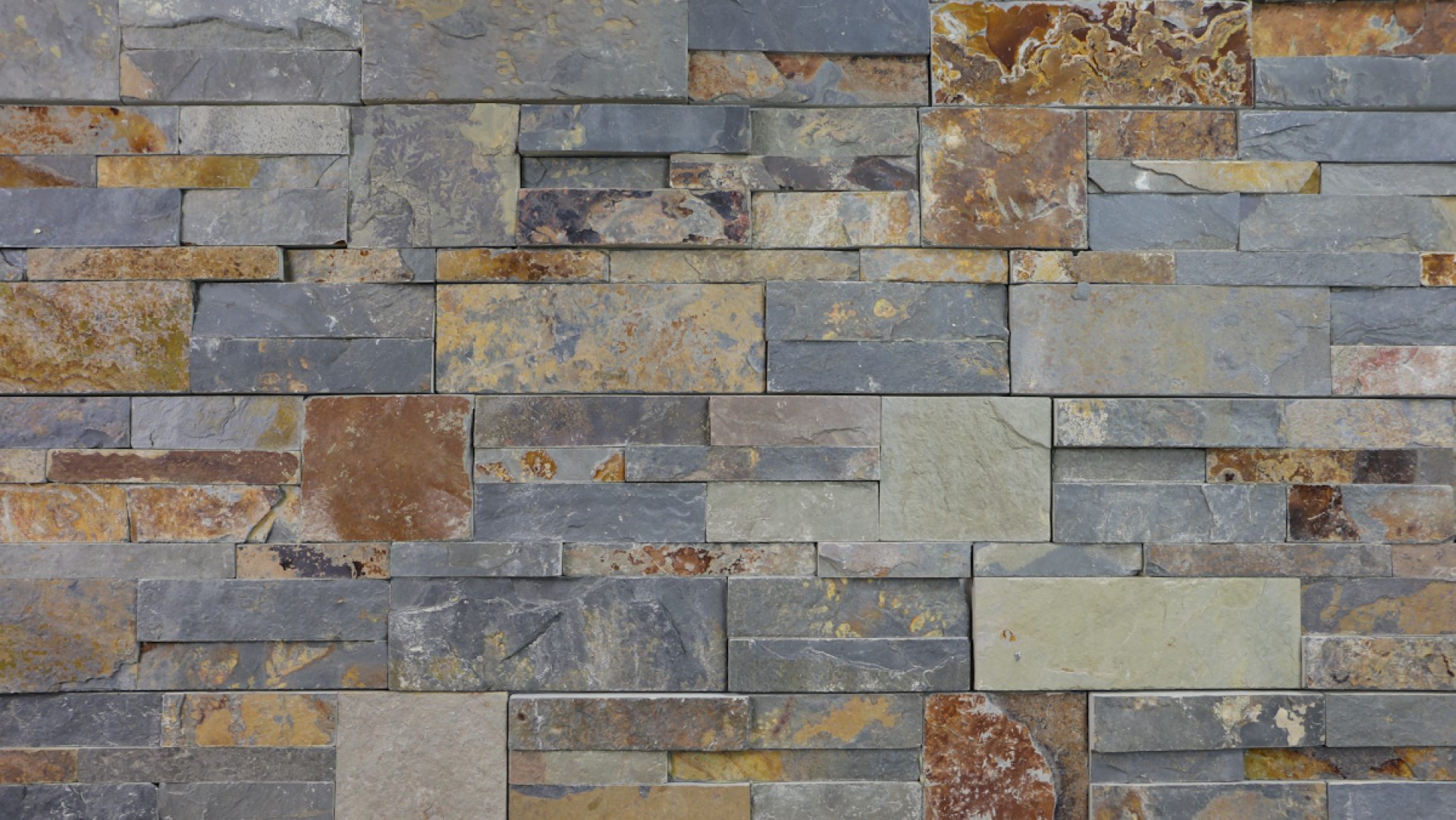

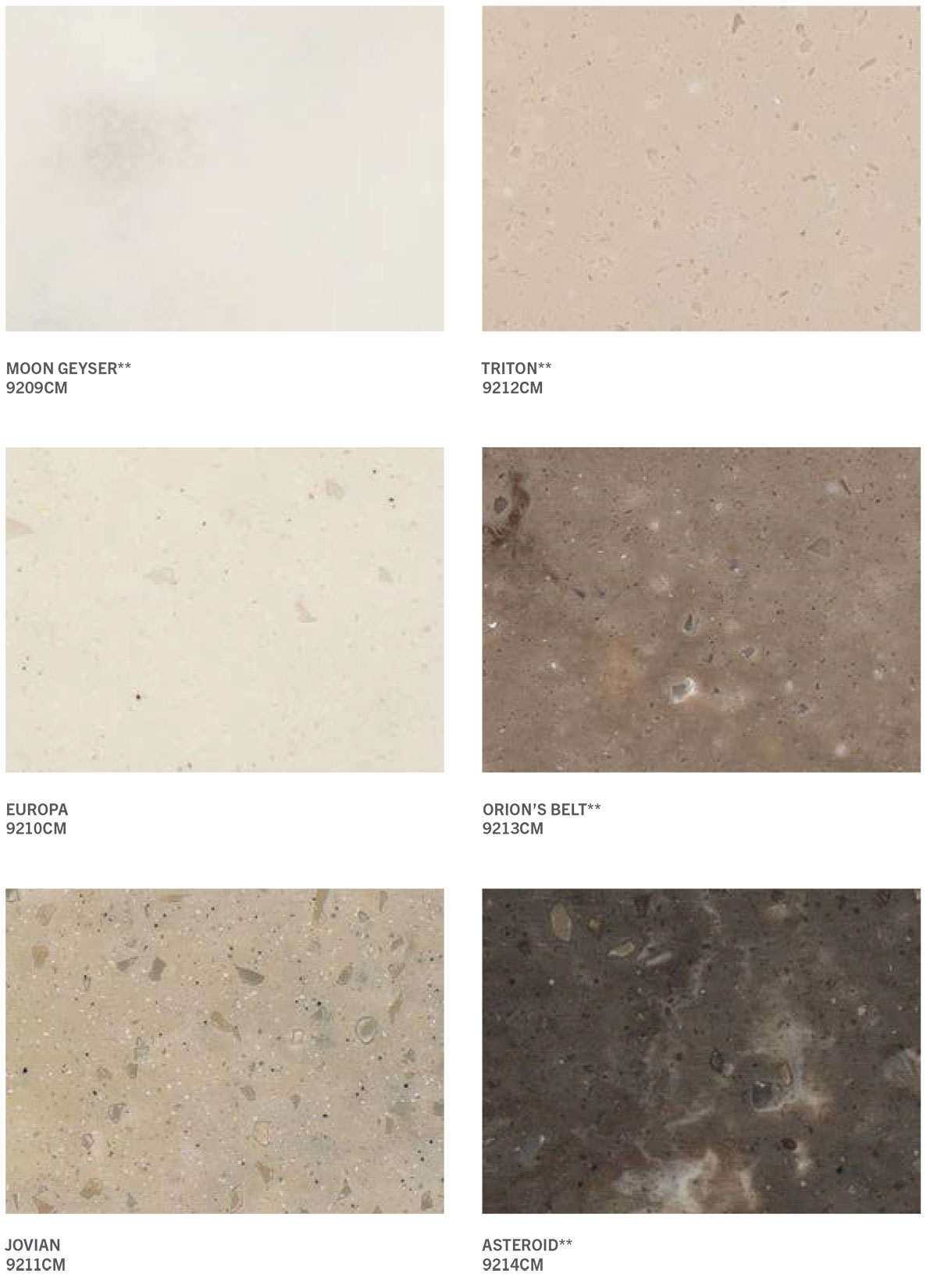

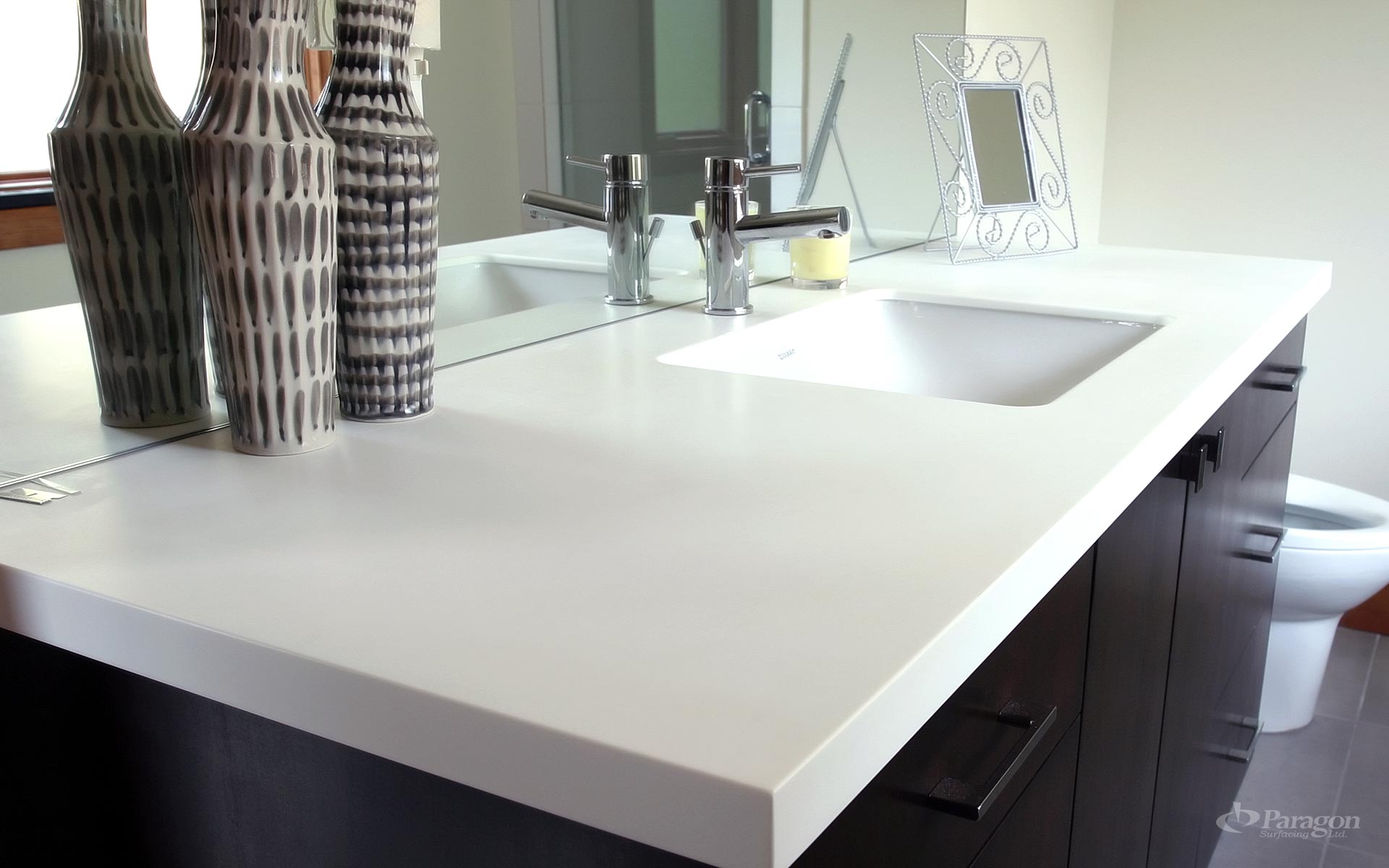
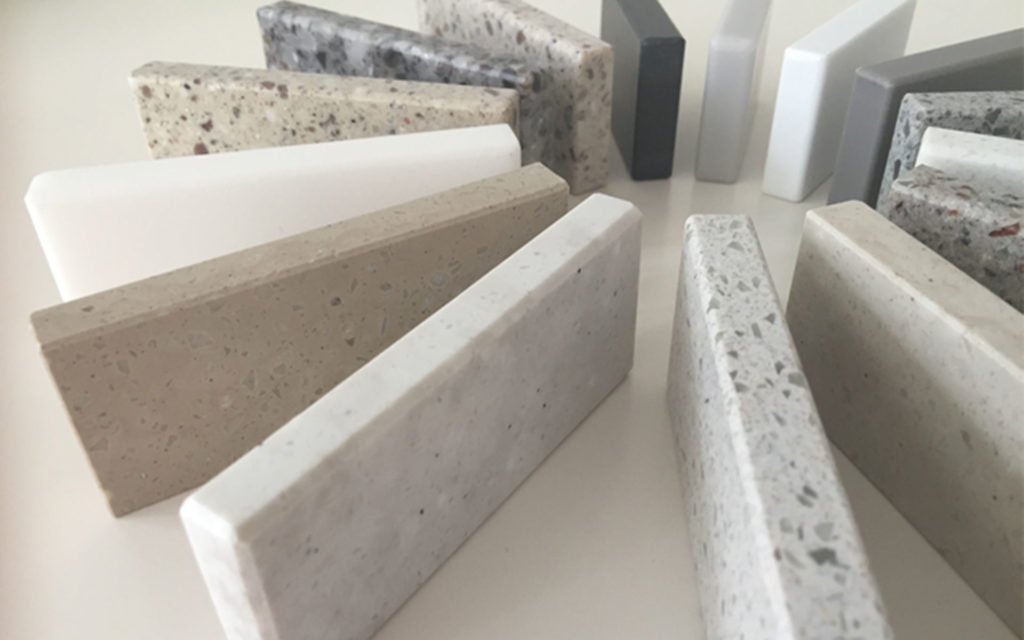



/Bathroomvanity-GettyImages-484490250-cdfaa72bc448469a8381b42080fa56ca.jpg)
